Accessibility Statement
Our Commitment to Accessibility
We are committed to ensuring digital accessibility for people with disabilities. We are continually improving the user experience for everyone, and applying the relevant accessibility standards to help users with various disabilities access our website effectively.
Compliance Status
Our website strives to conform to the Web Content Accessibility Guidelines (WCAG) 2.1 Level AA standards. We also aim to be compliant with the Americans with Disabilities Act (ADA) and the European Accessibility Act requirements. These guidelines and regulations explain how to make web content more accessible to people with a wide range of disabilities. We acknowledge that some aspects of our website may not yet achieve full compliance, and we are actively working to address these areas.
Accessibility Features Available
Our website implements the Accessibly App, which provides a variety of tools to enhance website accessibility:
Visual Adjustments
- Bigger Text: Increase text size up to 3x for better readability (WCAG 2.1/1.4.4)
- Bigger Cursor: Enhanced cursor visibility for easier navigation
- Color Adjustments: Invert colors, adjust contrast, brightness, and saturation
- Grayscale Mode: Convert website to grayscale for users with visual impairments
- Hide Images: Reduce visual distractions for easier reading
Reading and Navigation Aids
- Reading Line: Adds a guide line to help follow text
- Reading Mask: Places a mask over text to isolate lines and enhance focus
- Readable Fonts: Converts to highly legible fonts for better comprehension
- Highlight Links: Makes links more prominent for easier navigation
- Dyslexic Fonts: Special typography for users with dyslexia
- Page Structure: Simplified layout options for easier navigation
Assistive Technologies
- Keyboard Navigation: Full website control using keyboard (Tab, Shift+Tab, Enter)
- Alt Text for Images: AI-generated image descriptions where manual ones aren't provided
- Read Page Aloud: Text-to-speech functionality
- Stop Animations: Pause motion content for users with vestibular disorders
Limitations and Feedback
Despite our best efforts to ensure accessibility, there may be some limitations. Content provided by third parties, user-generated content, or certain legacy pages may not be fully accessible. We are continuously working to improve our website's accessibility.
We welcome your feedback on the accessibility of our website. If you encounter any barriers or have suggestions for improvement, please contact us. We are committed to addressing these issues promptly.
Technical Information
The accessibility features on this website are provided through the Accessibly App, which utilizes several technologies including HTML, CSS, JavaScript, and various frameworks to enhance accessibility. Our implementation strives to be compatible with major screen readers and assistive technologies.
Legal Disclaimer
While we strive to adhere to WCAG 2.1 Level AA standards and provide accessible content, we cannot guarantee that our website will be accessible to all users under all circumstances. This website is provided 'as is' without any representations or warranties, express or implied.
In no event shall we be liable for any damages arising from or related to:
- Inability to access or use the website
- Any alleged non-compliance with accessibility laws or regulations
- Any disruption or errors in the functionality of accessibility features
By using this website, you agree to hold us harmless from any claims related to website accessibility issues. We are committed to addressing accessibility barriers in good faith but cannot guarantee immediate resolution in all cases.
Contact Us
If you have any questions about our accessibility efforts or encounter any barriers while using our website, please contact us.






























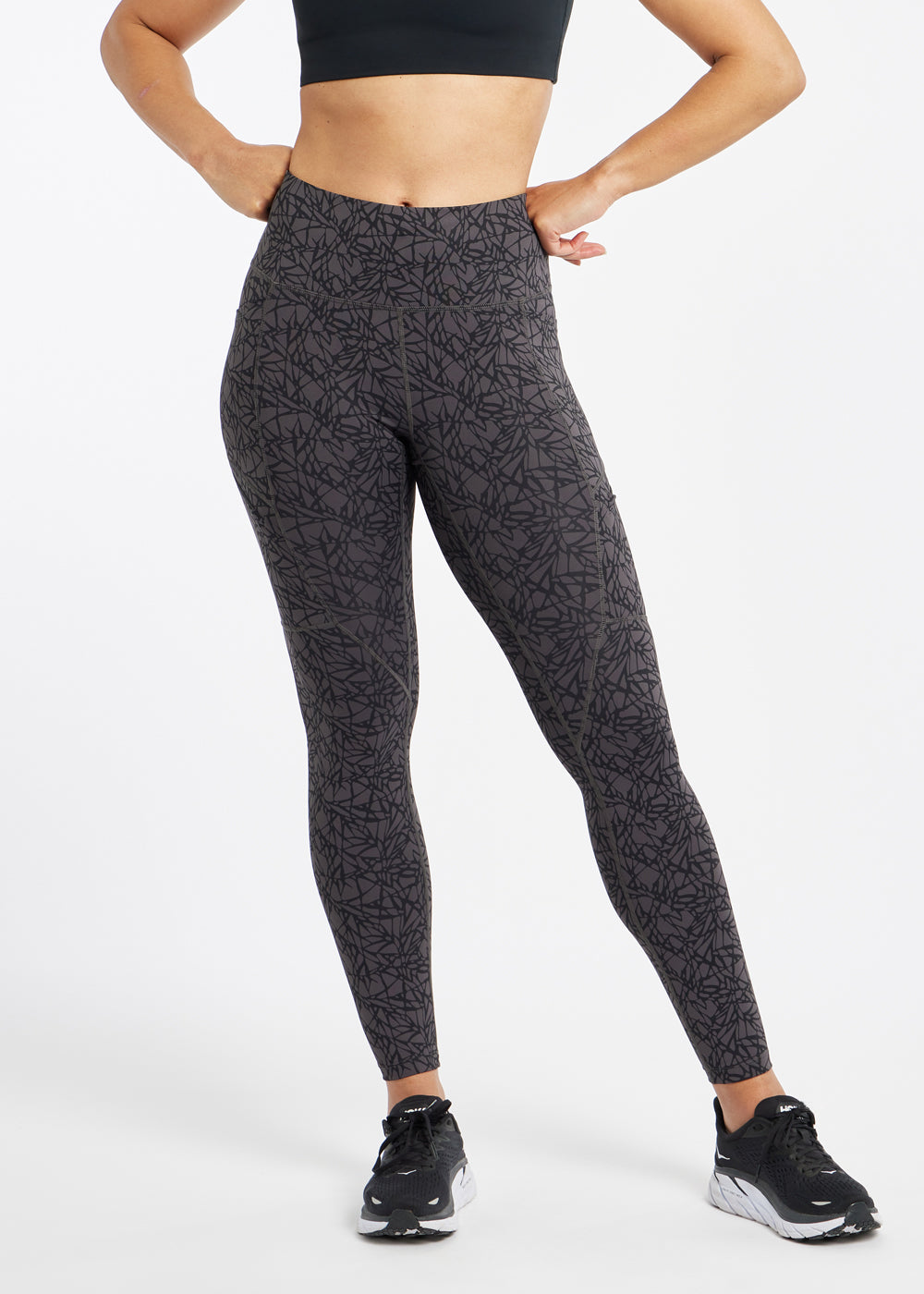


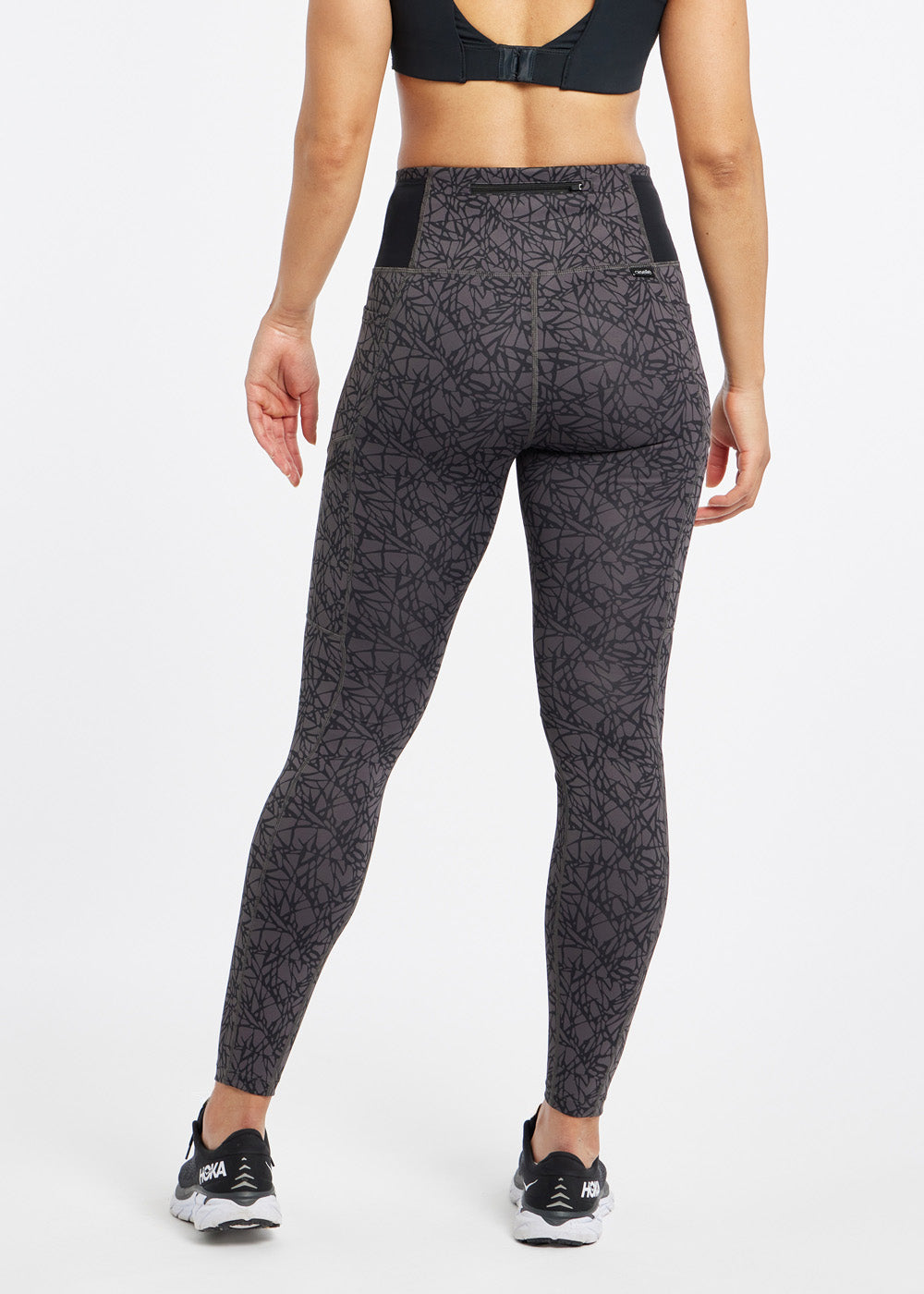


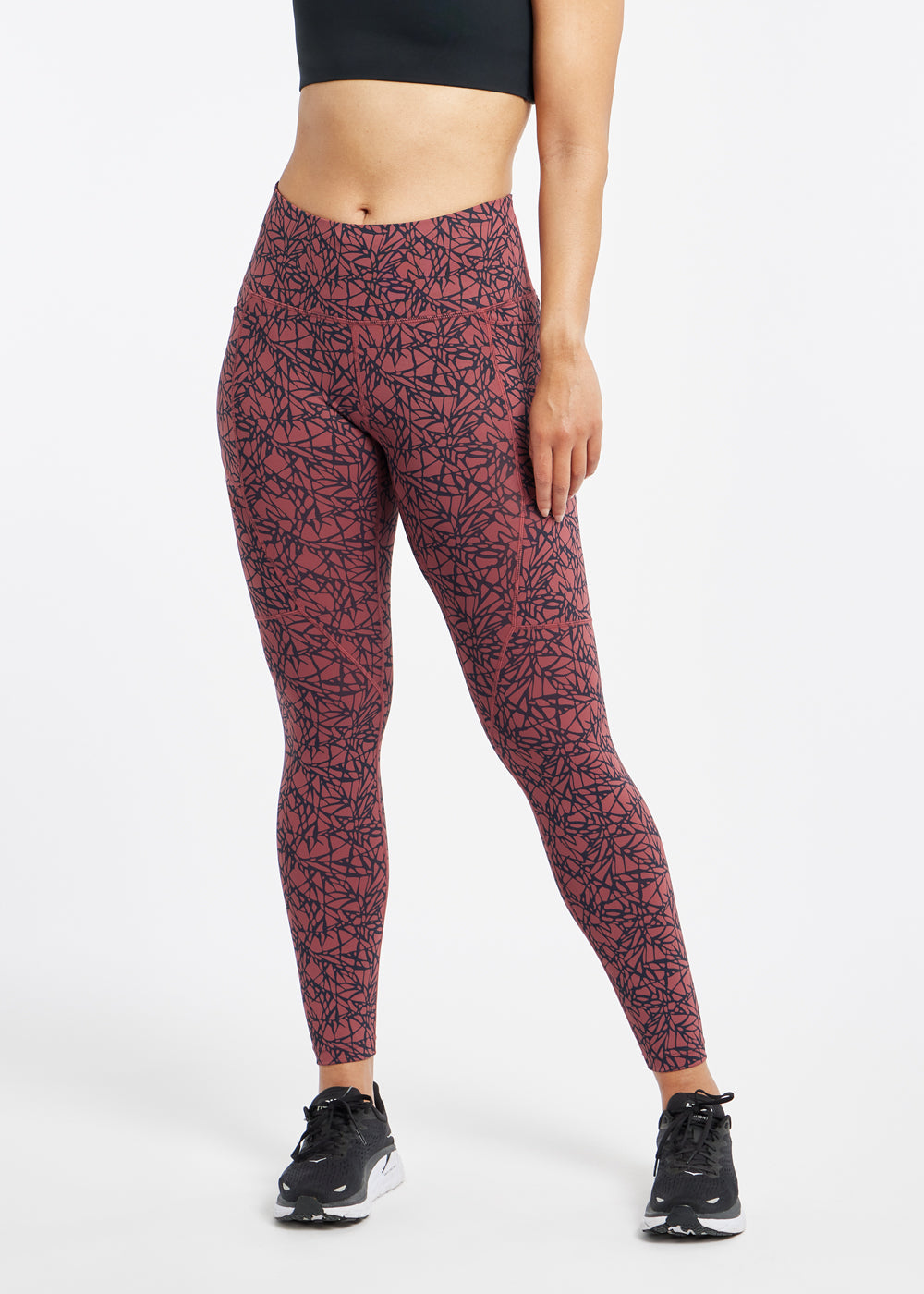
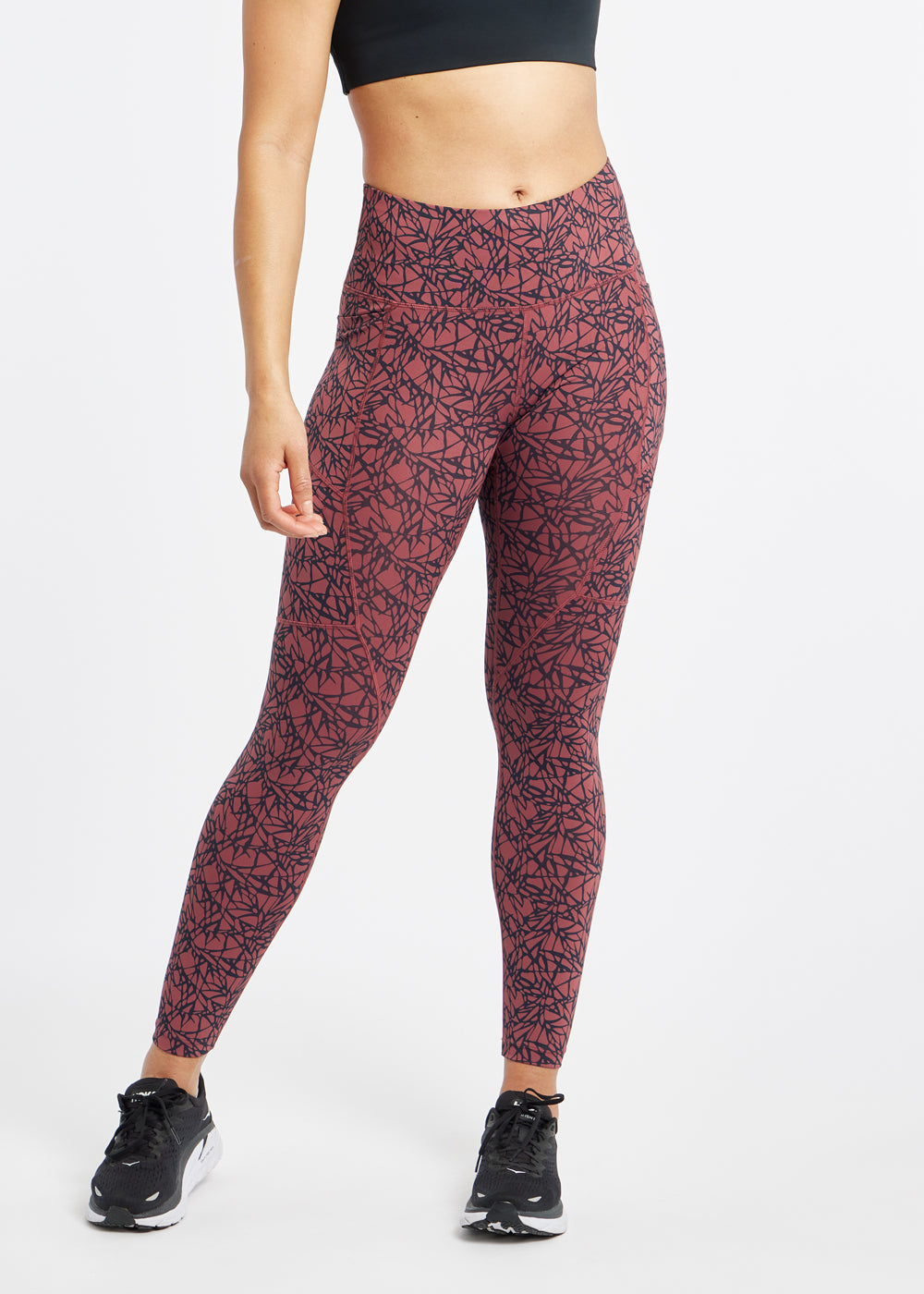
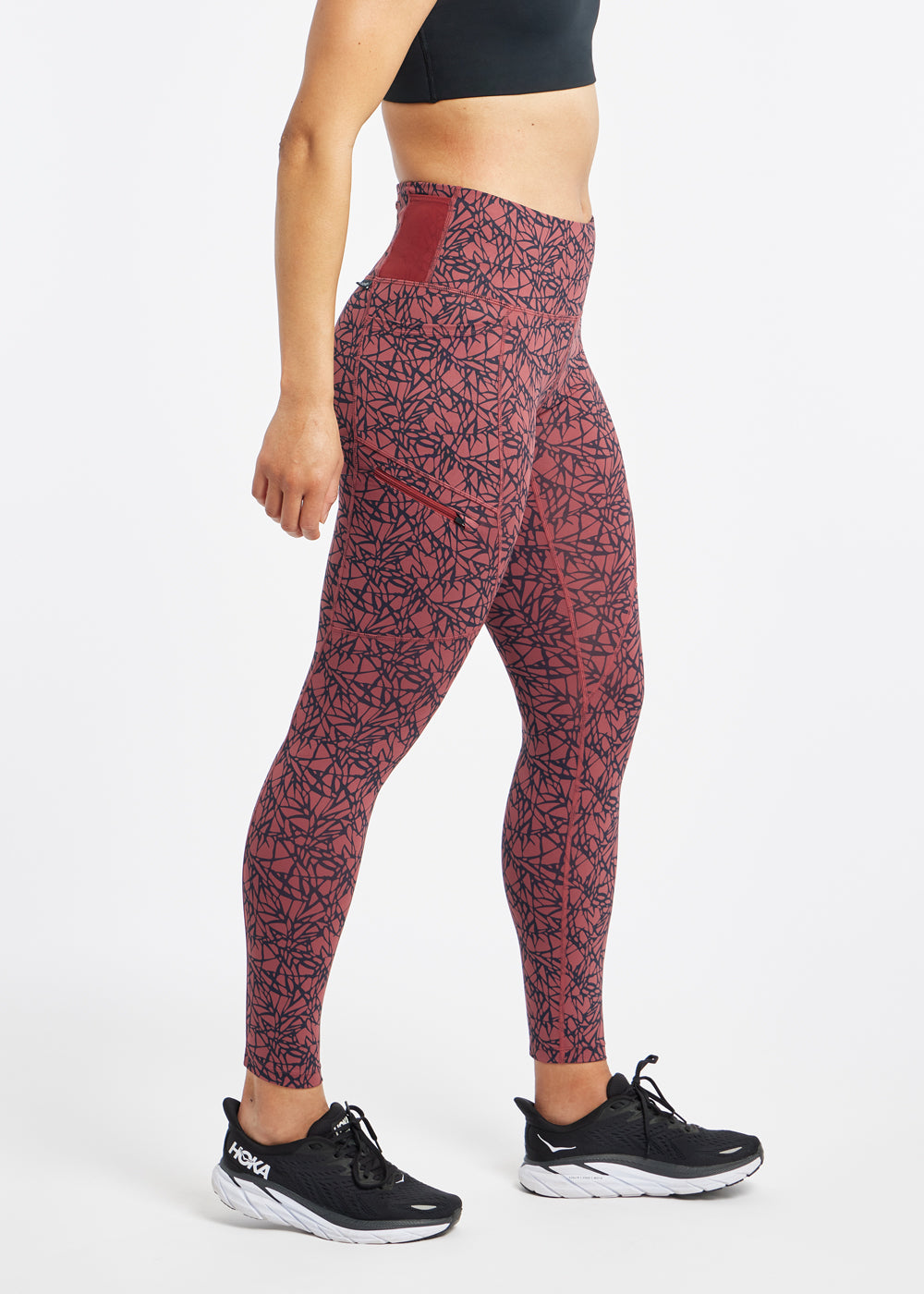
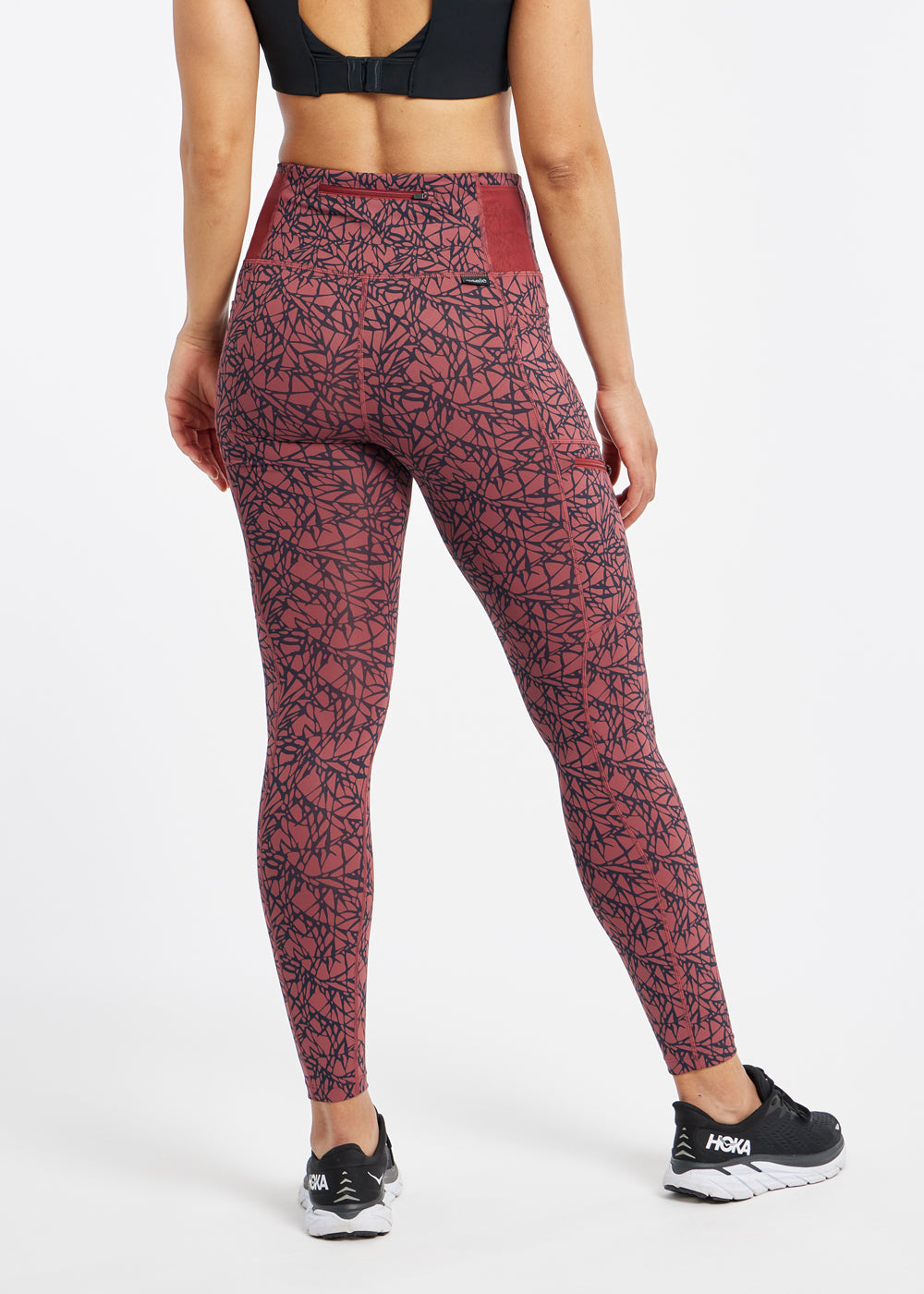






















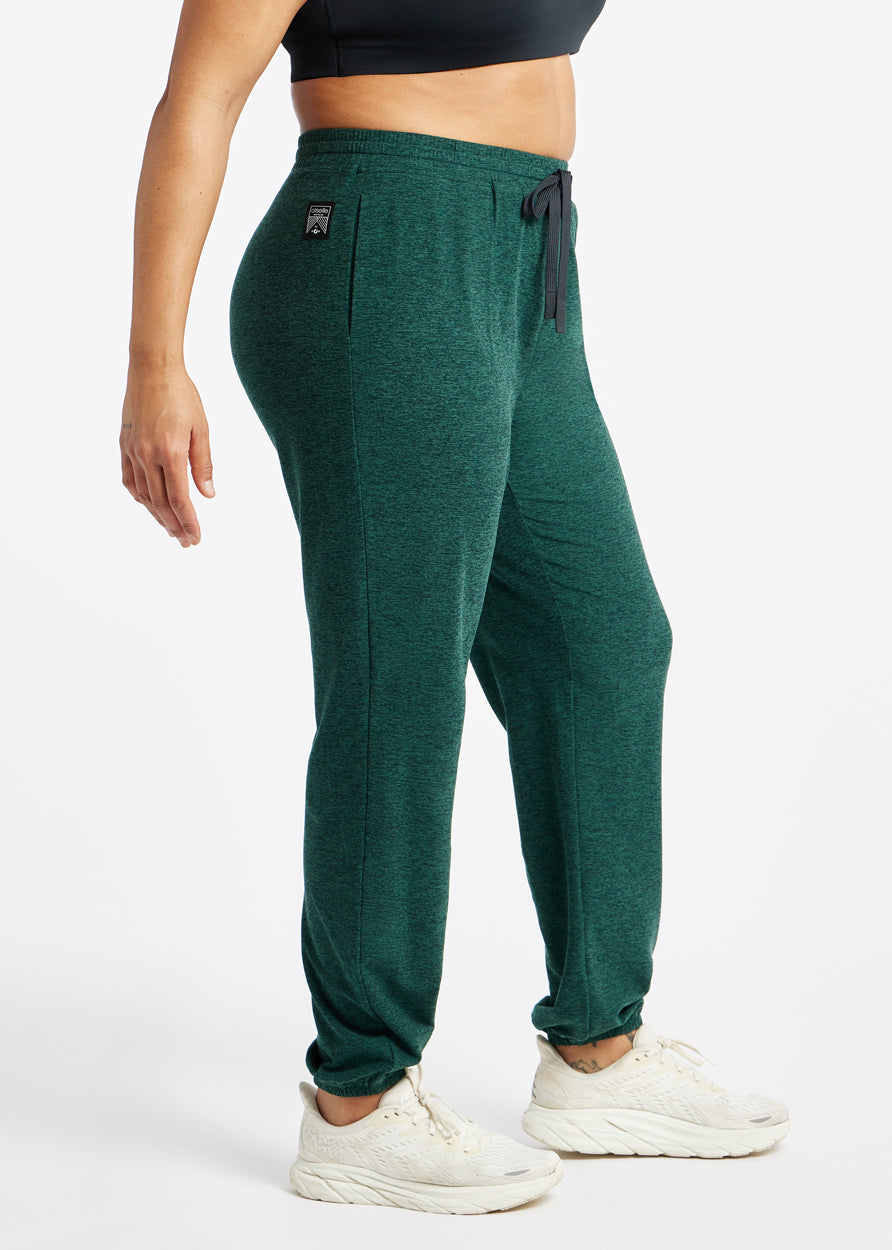
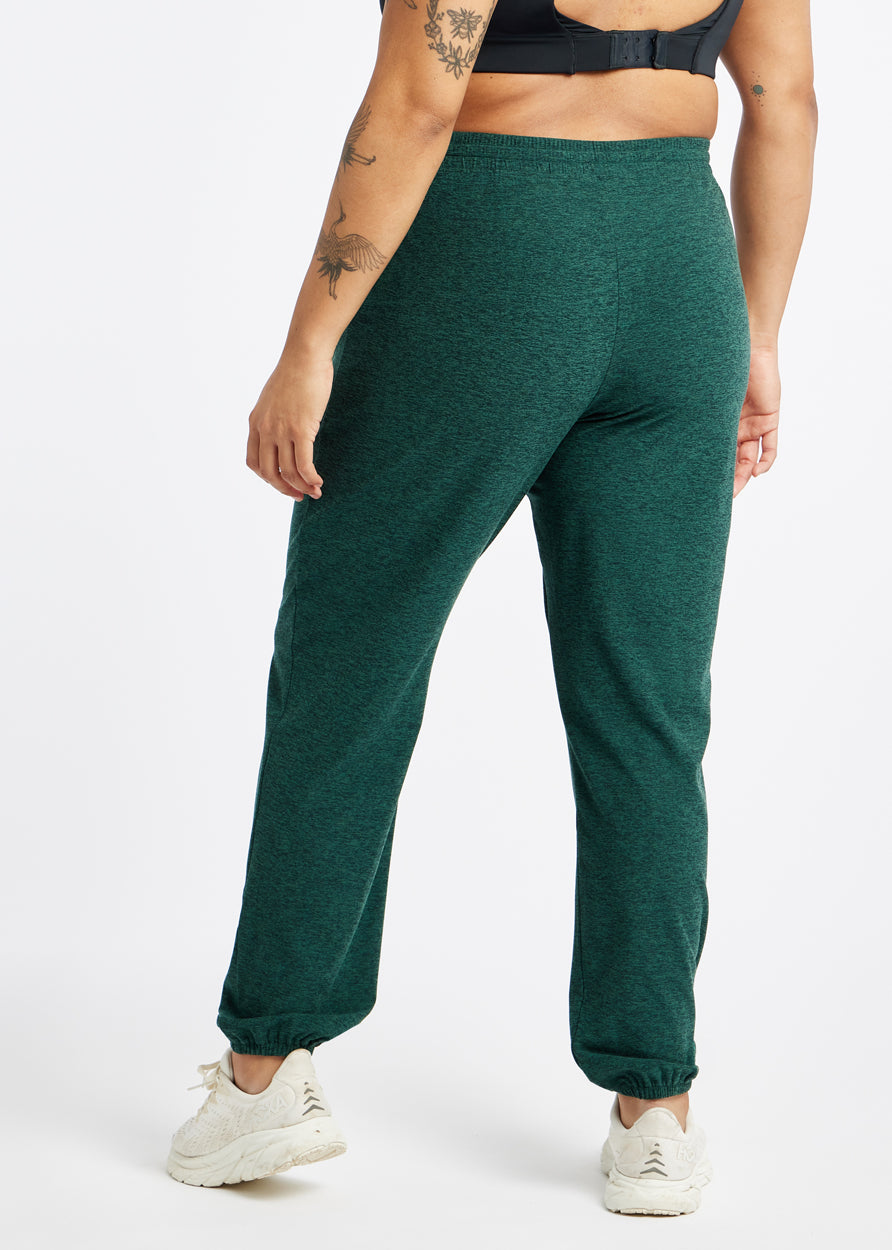
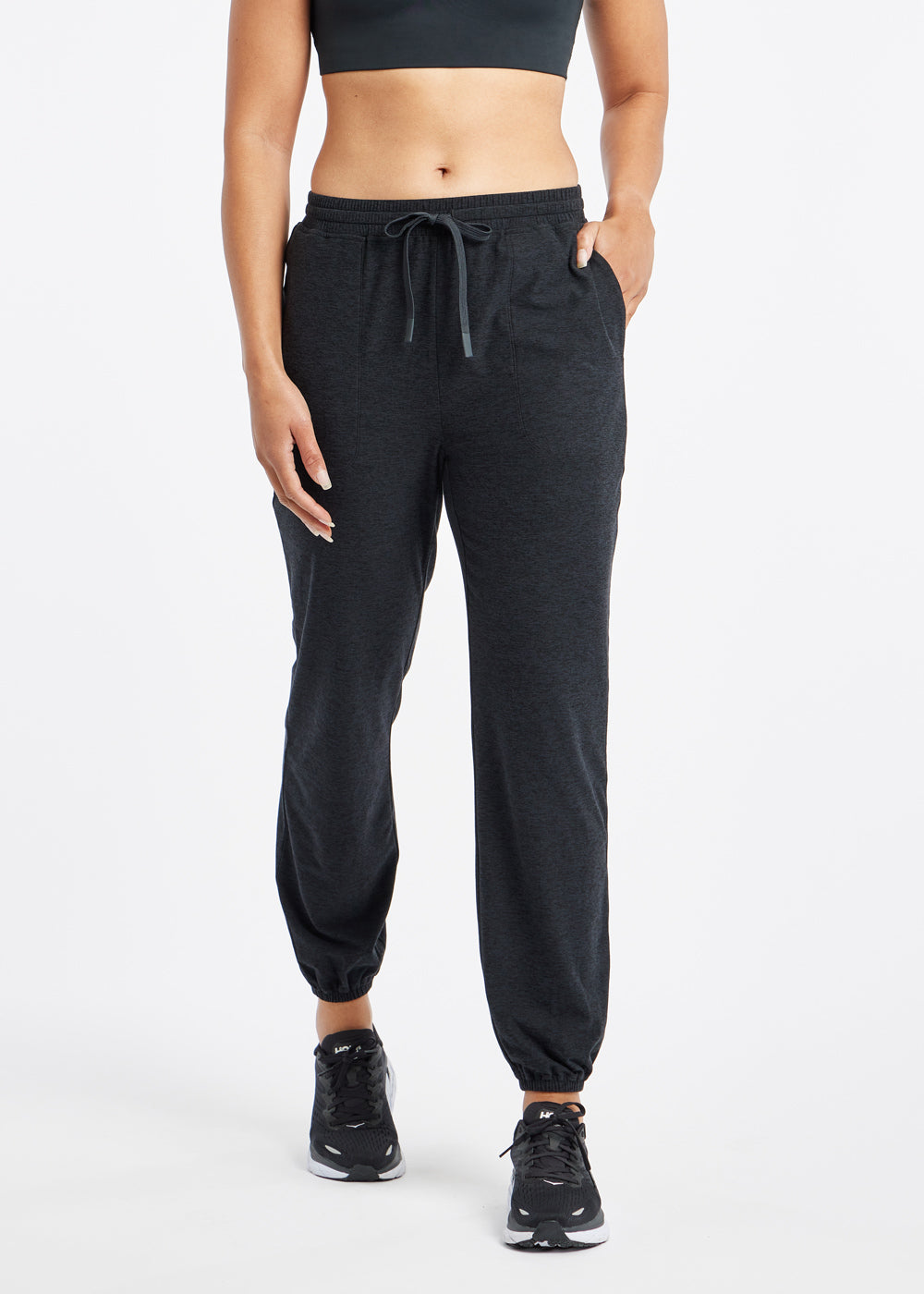
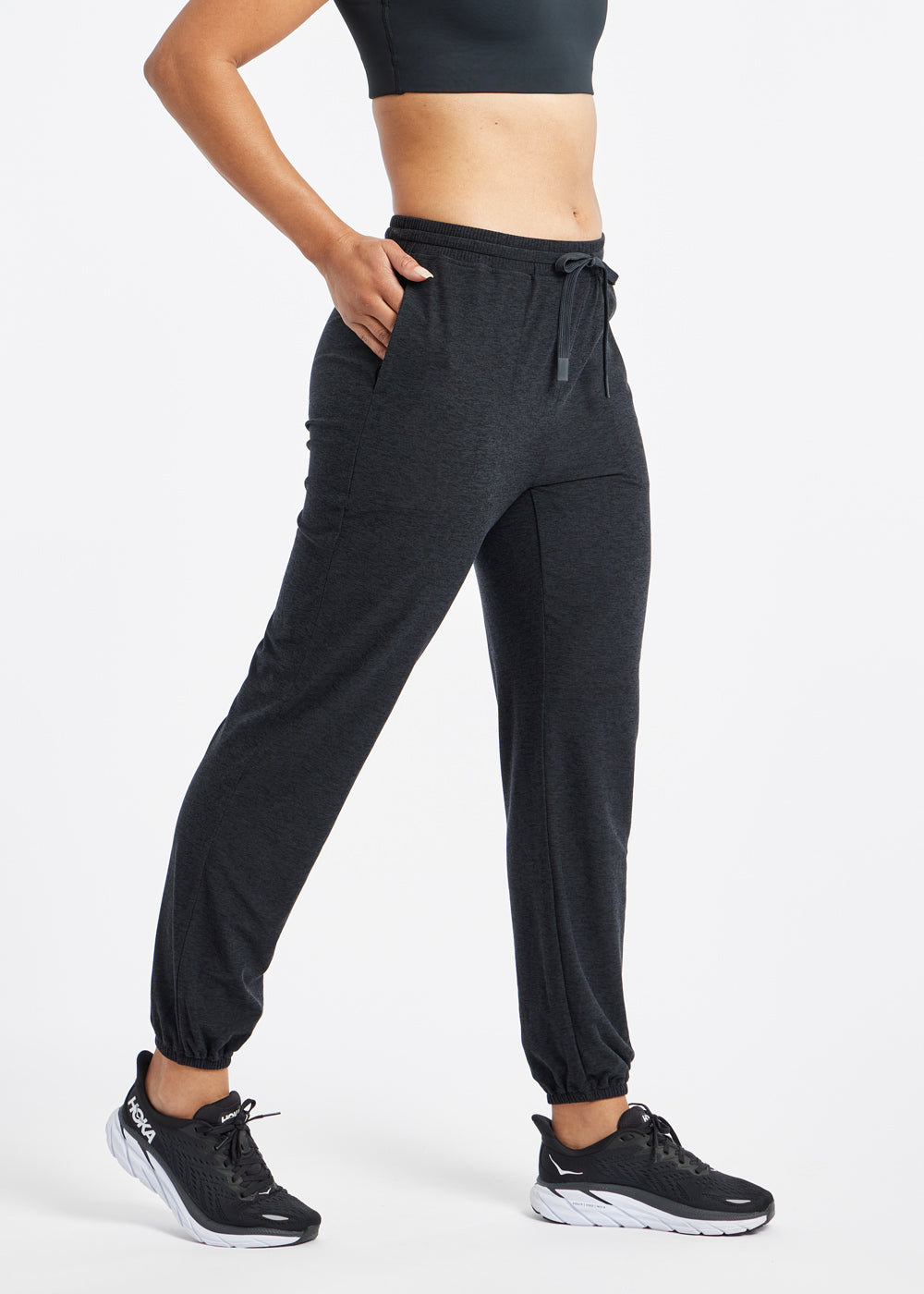
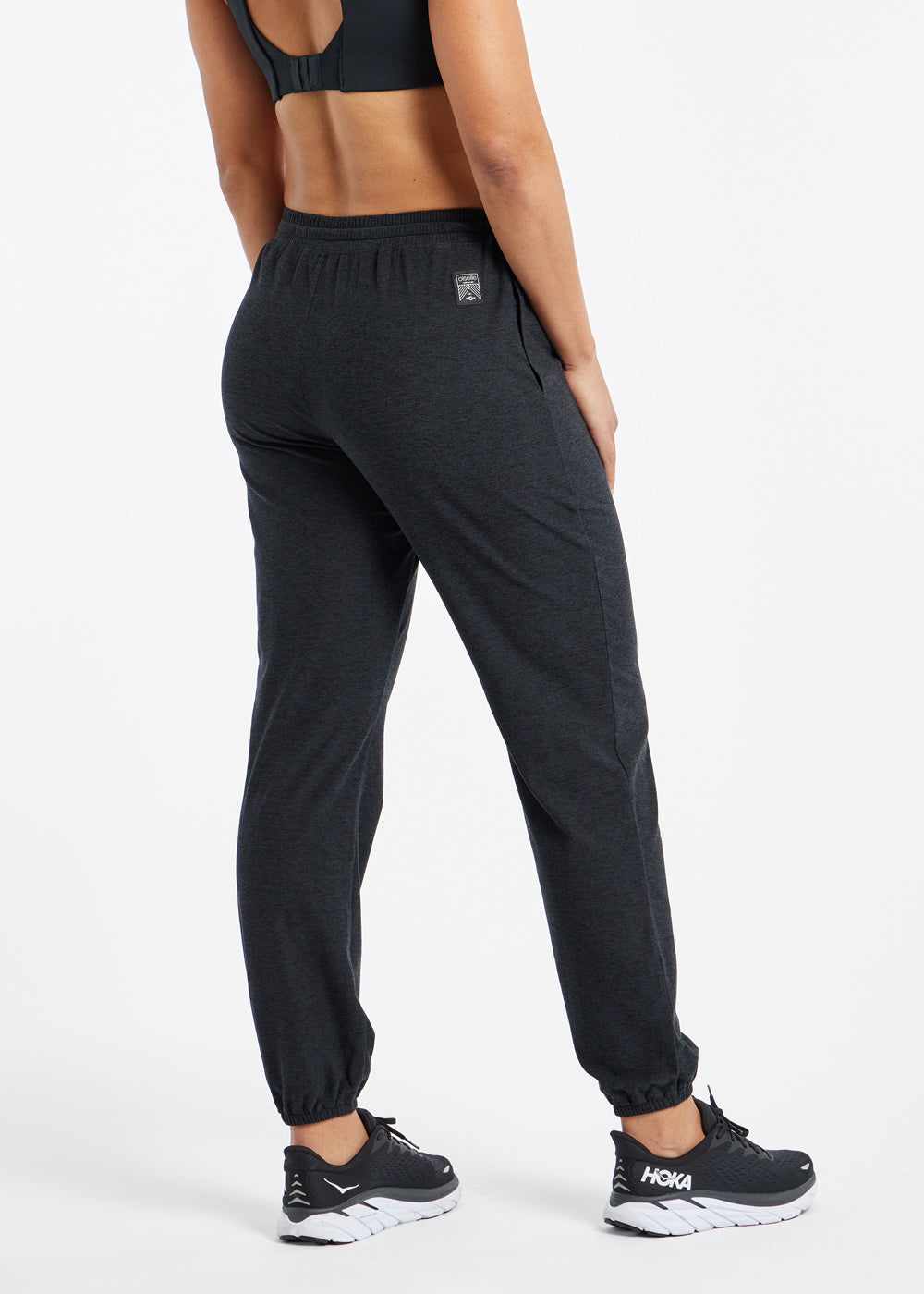























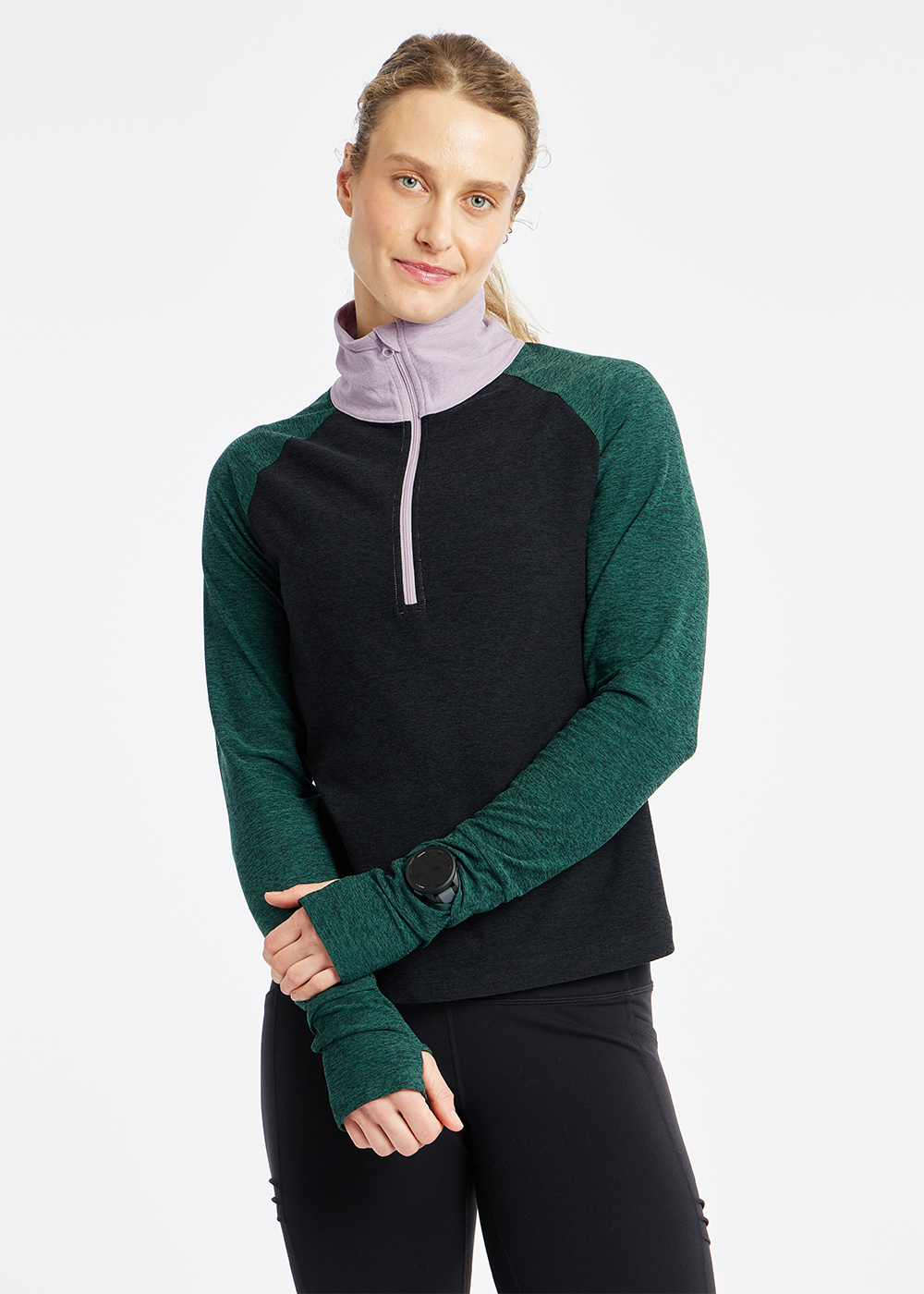




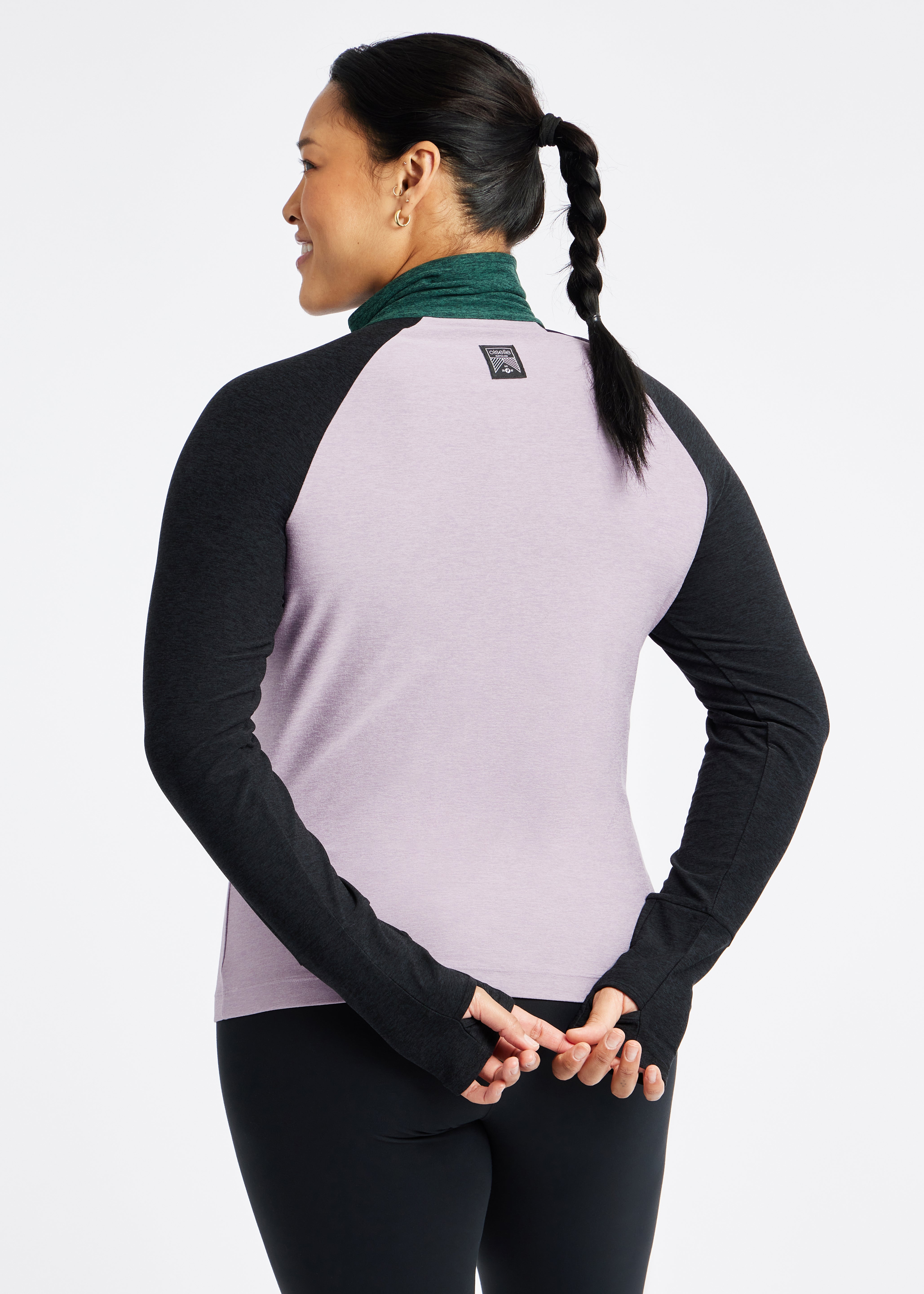


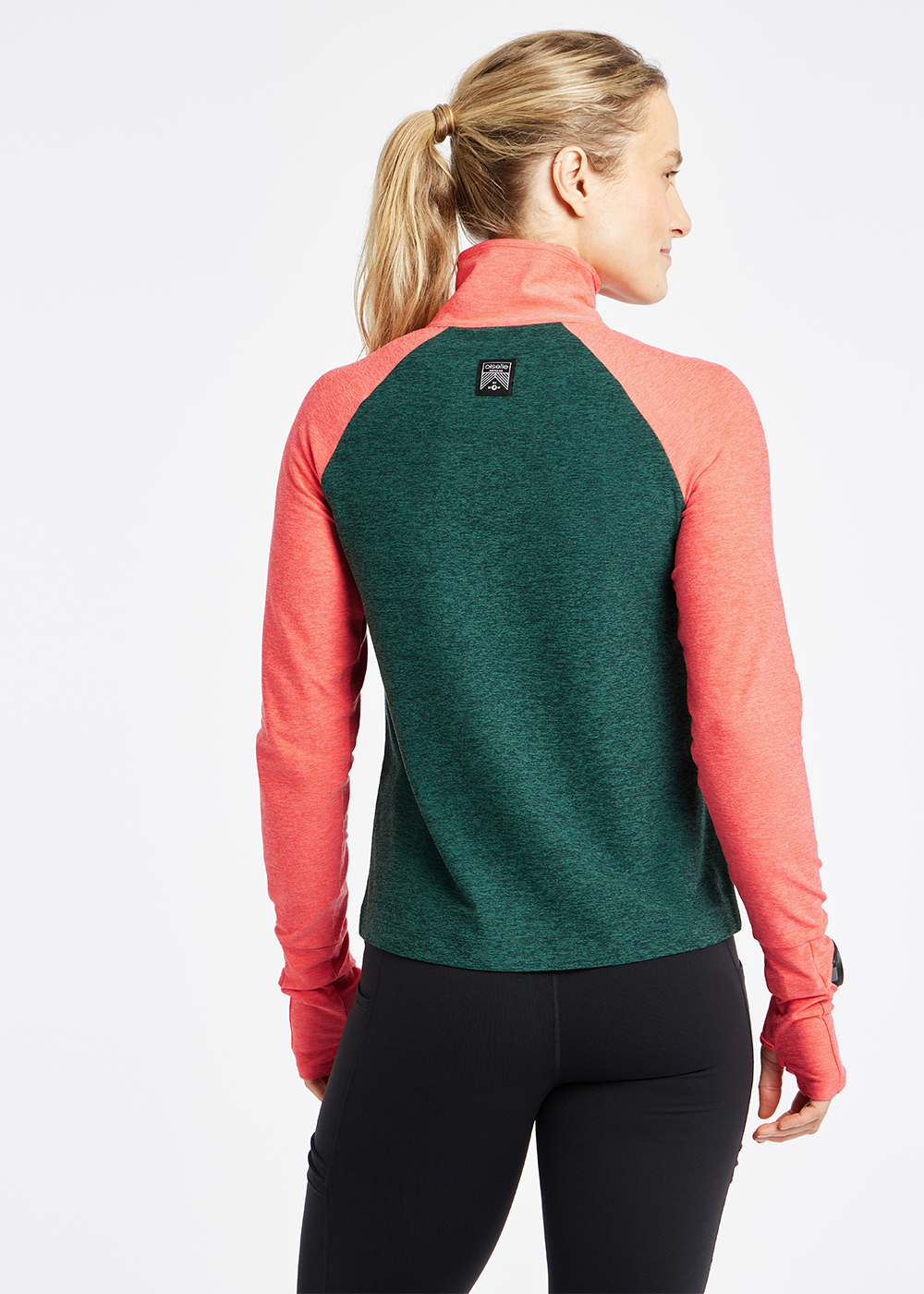
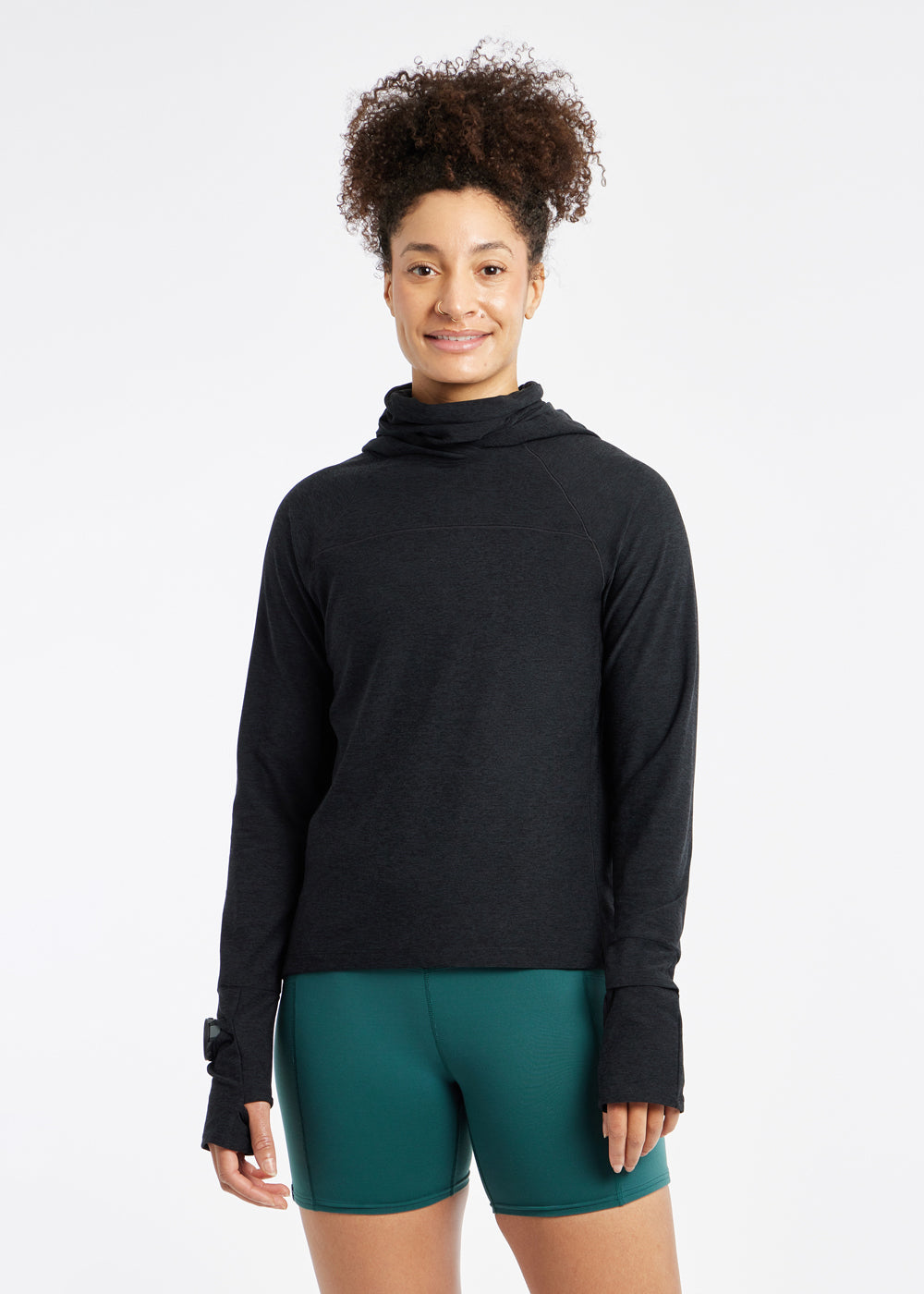
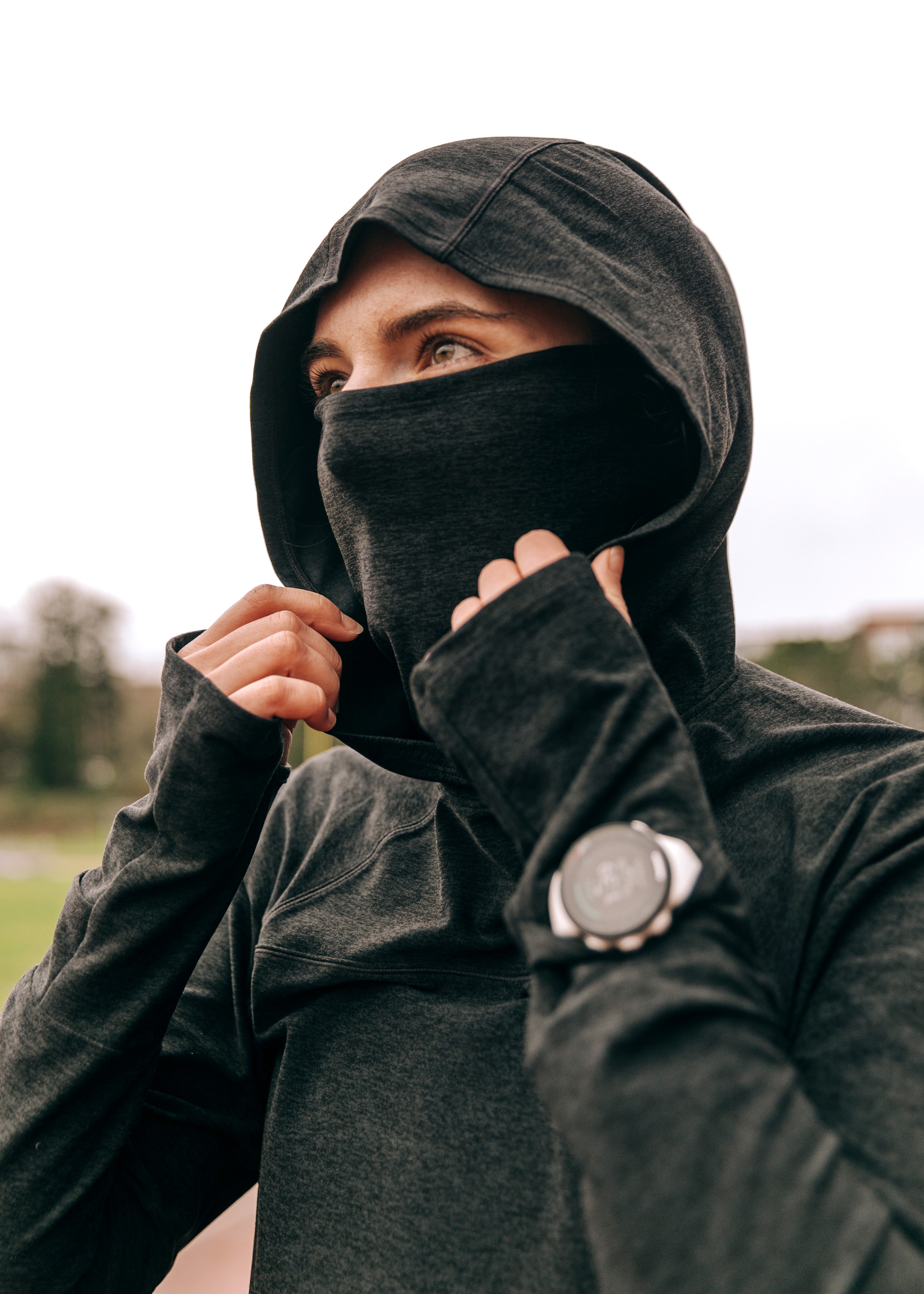
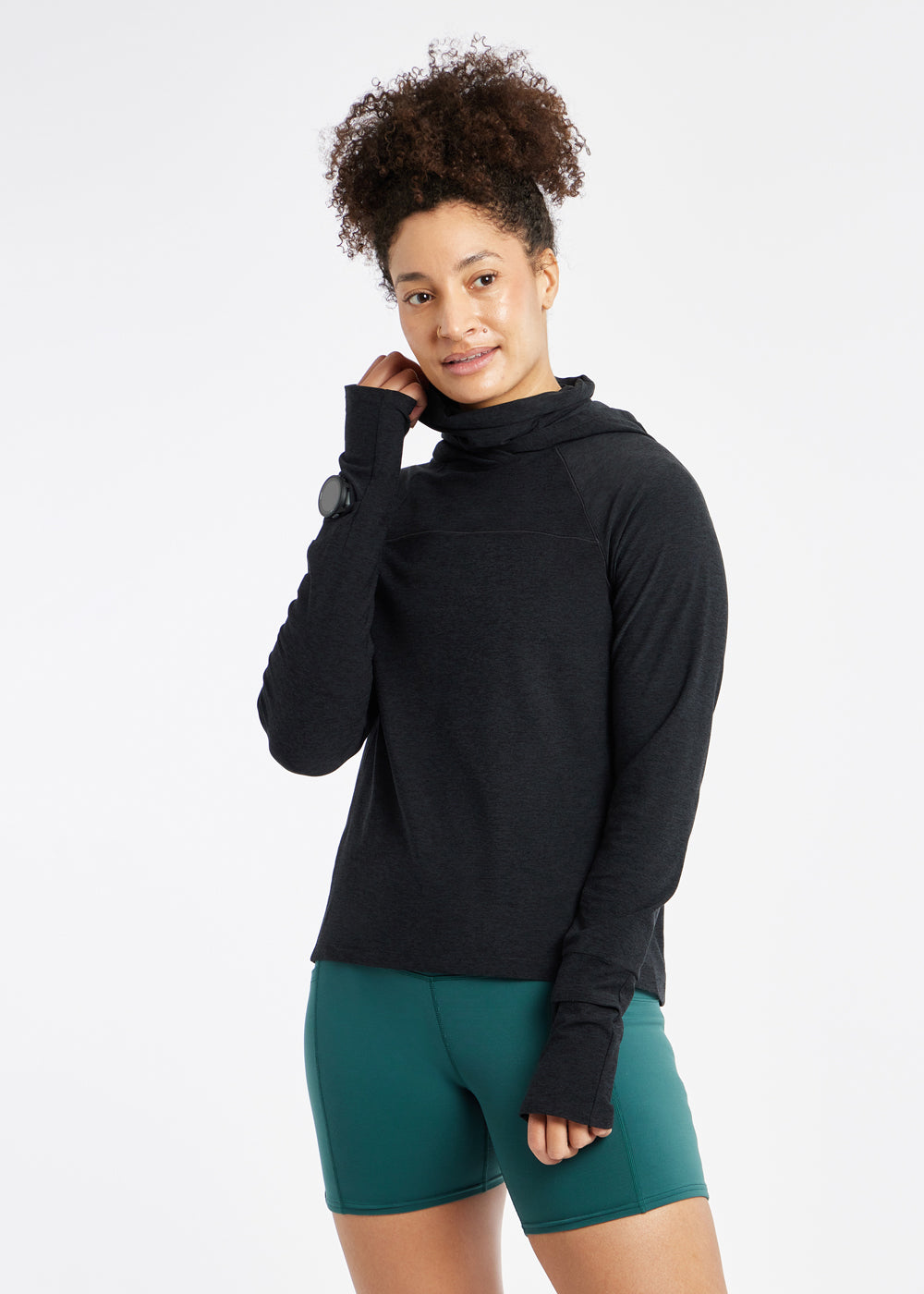
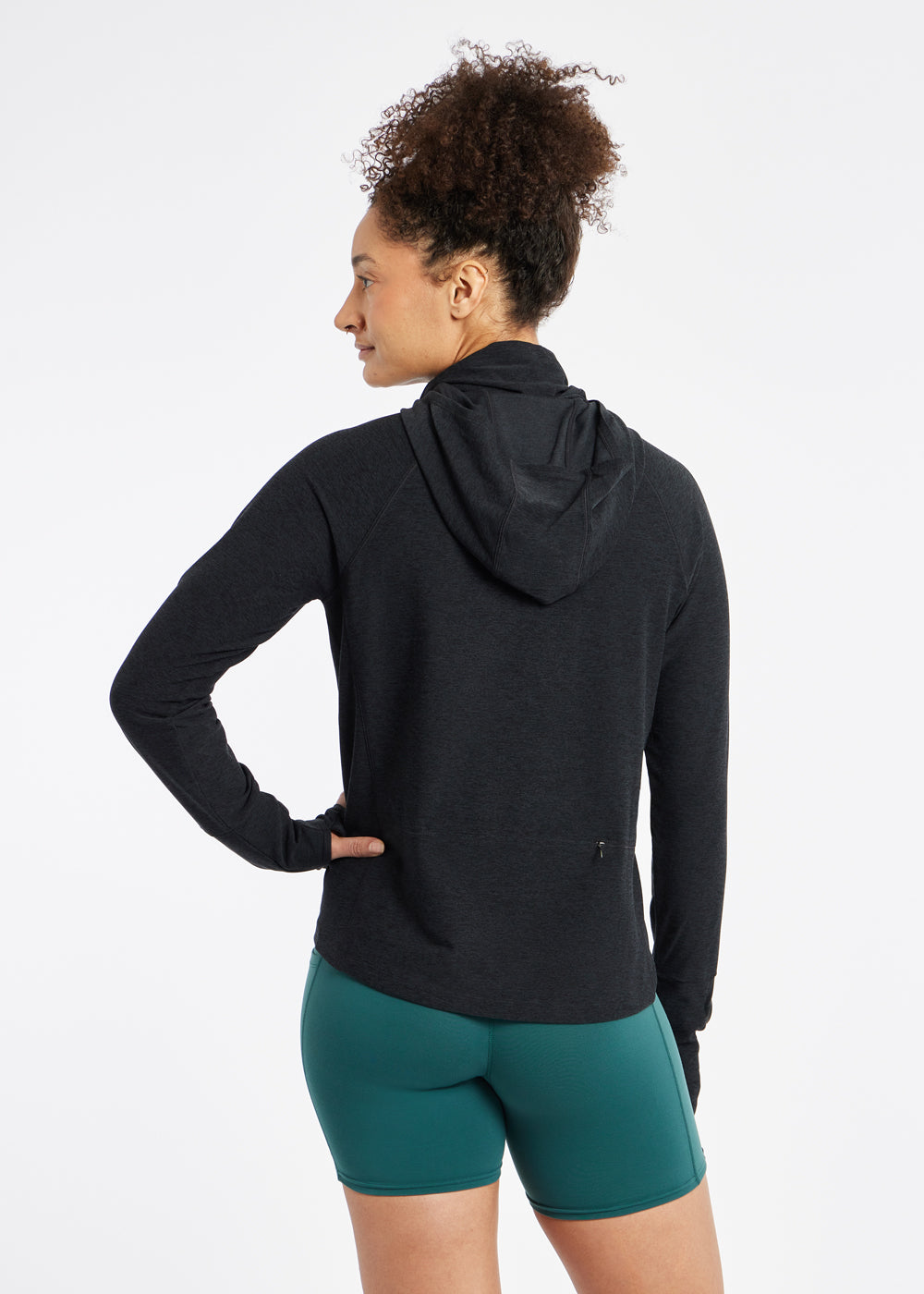
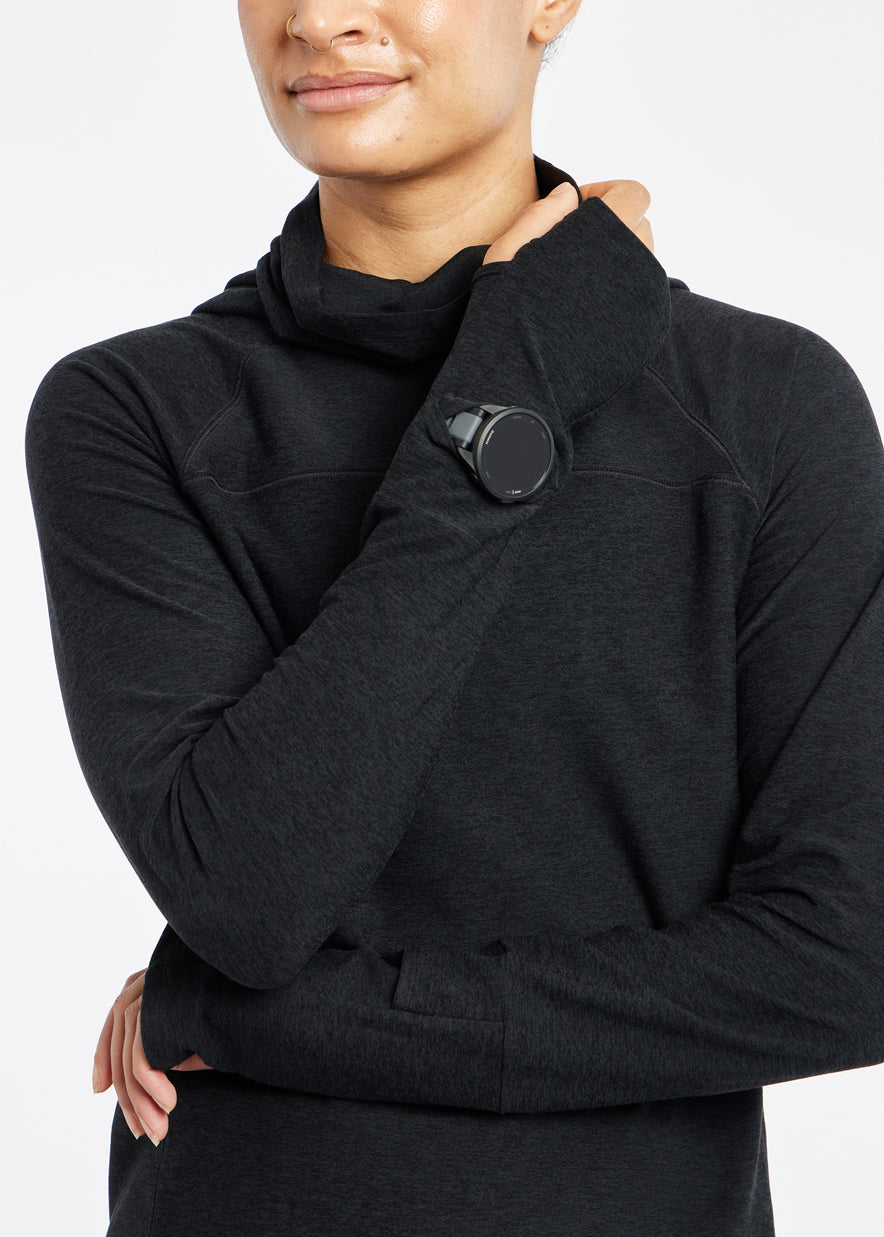
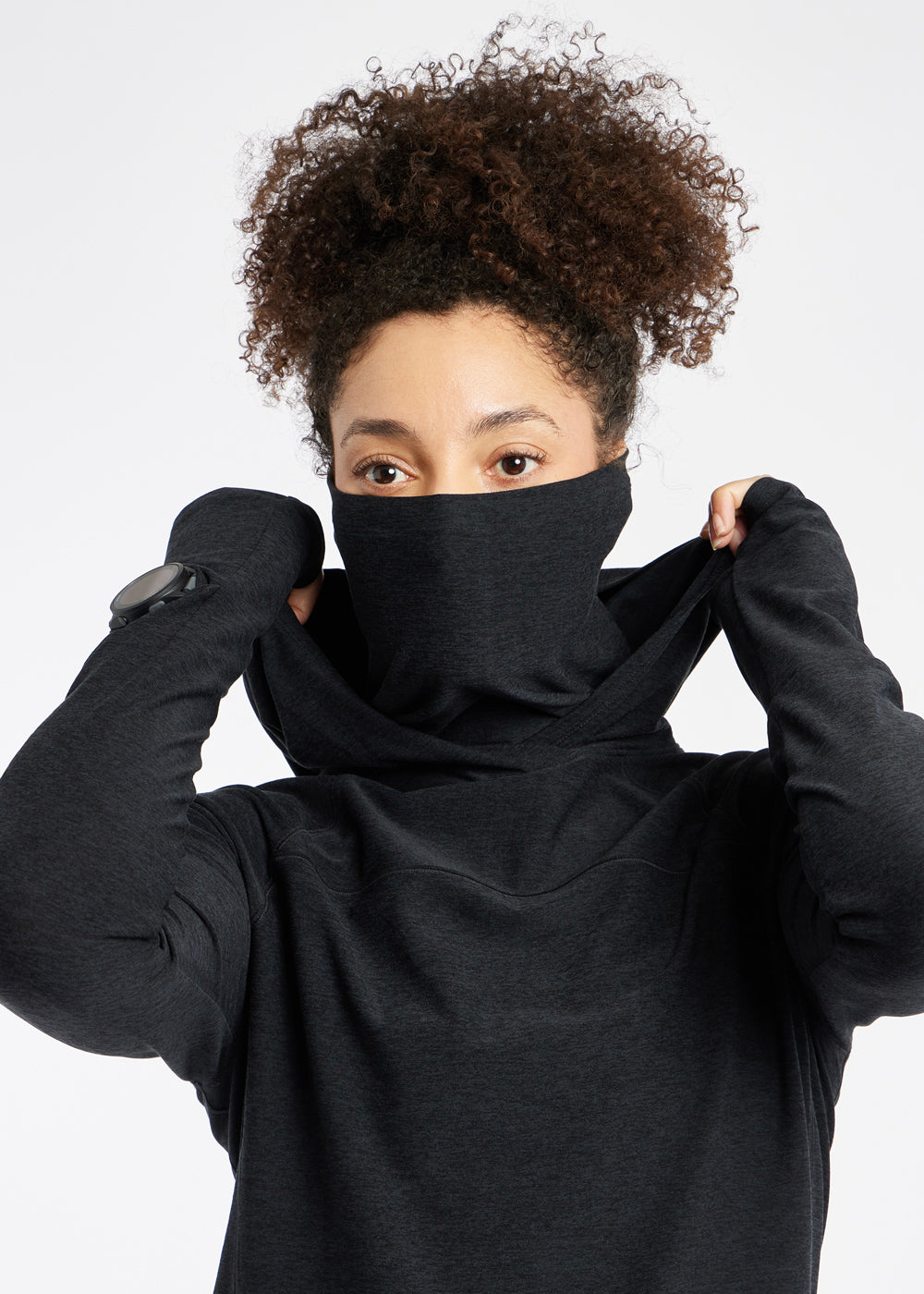
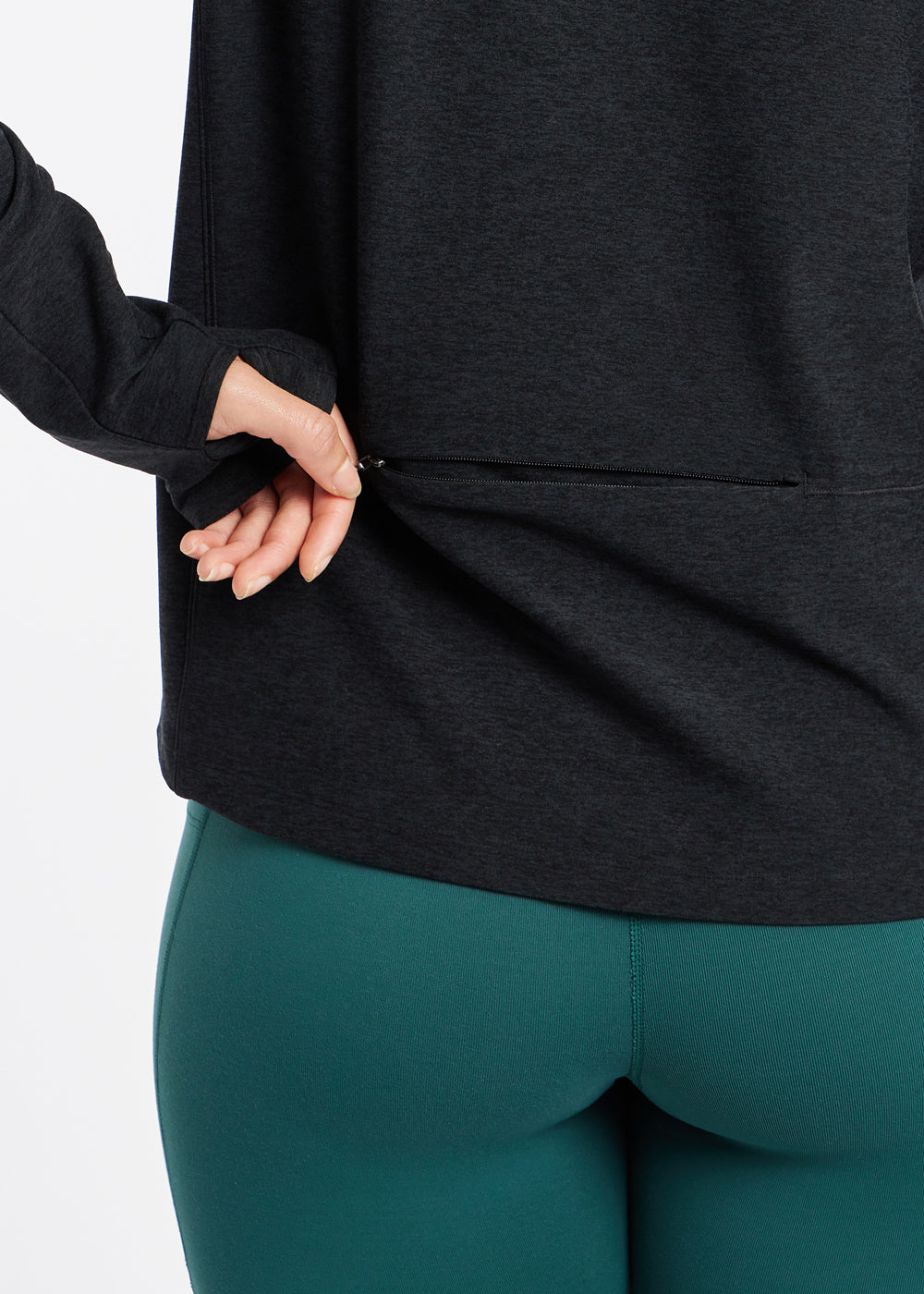
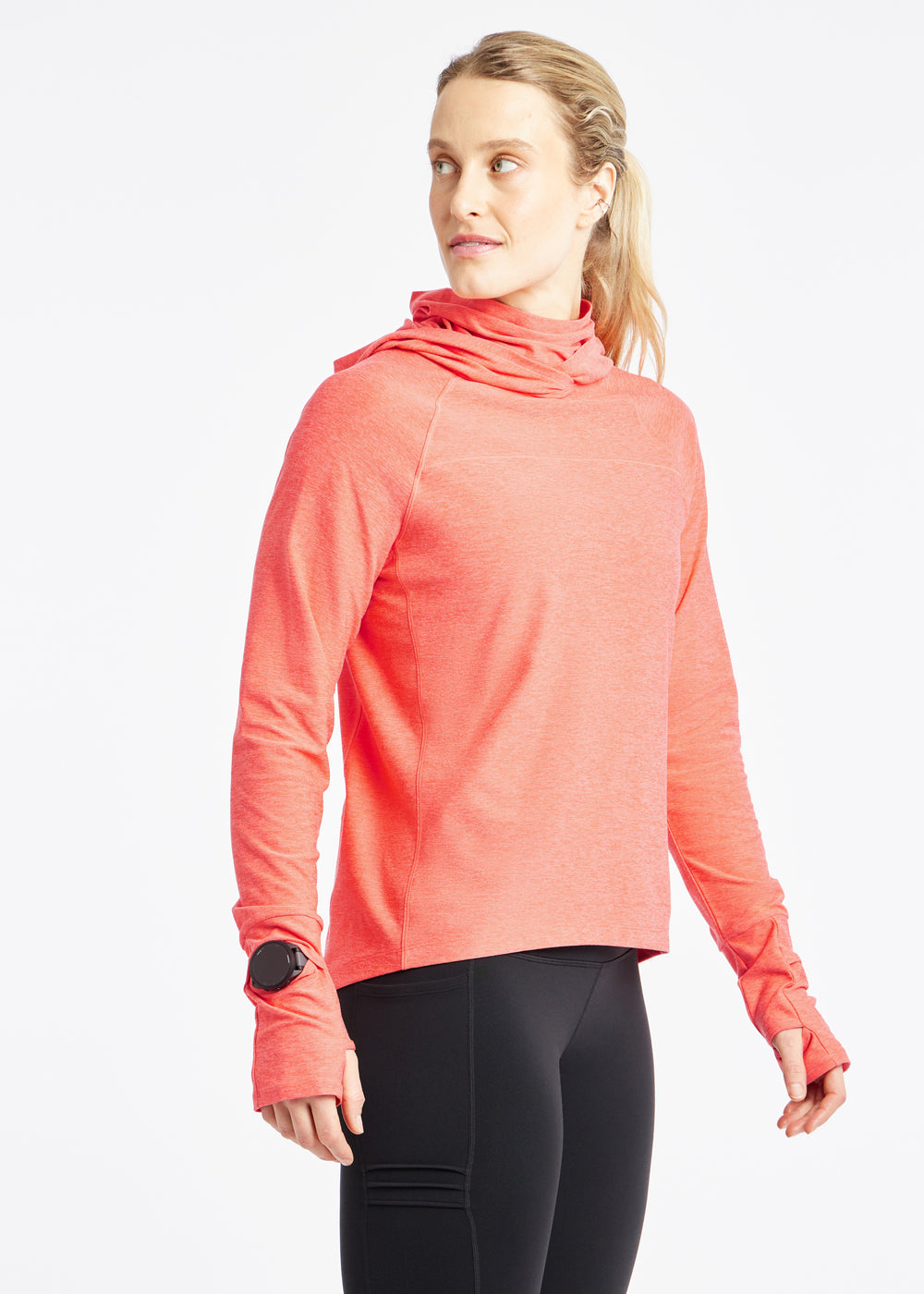

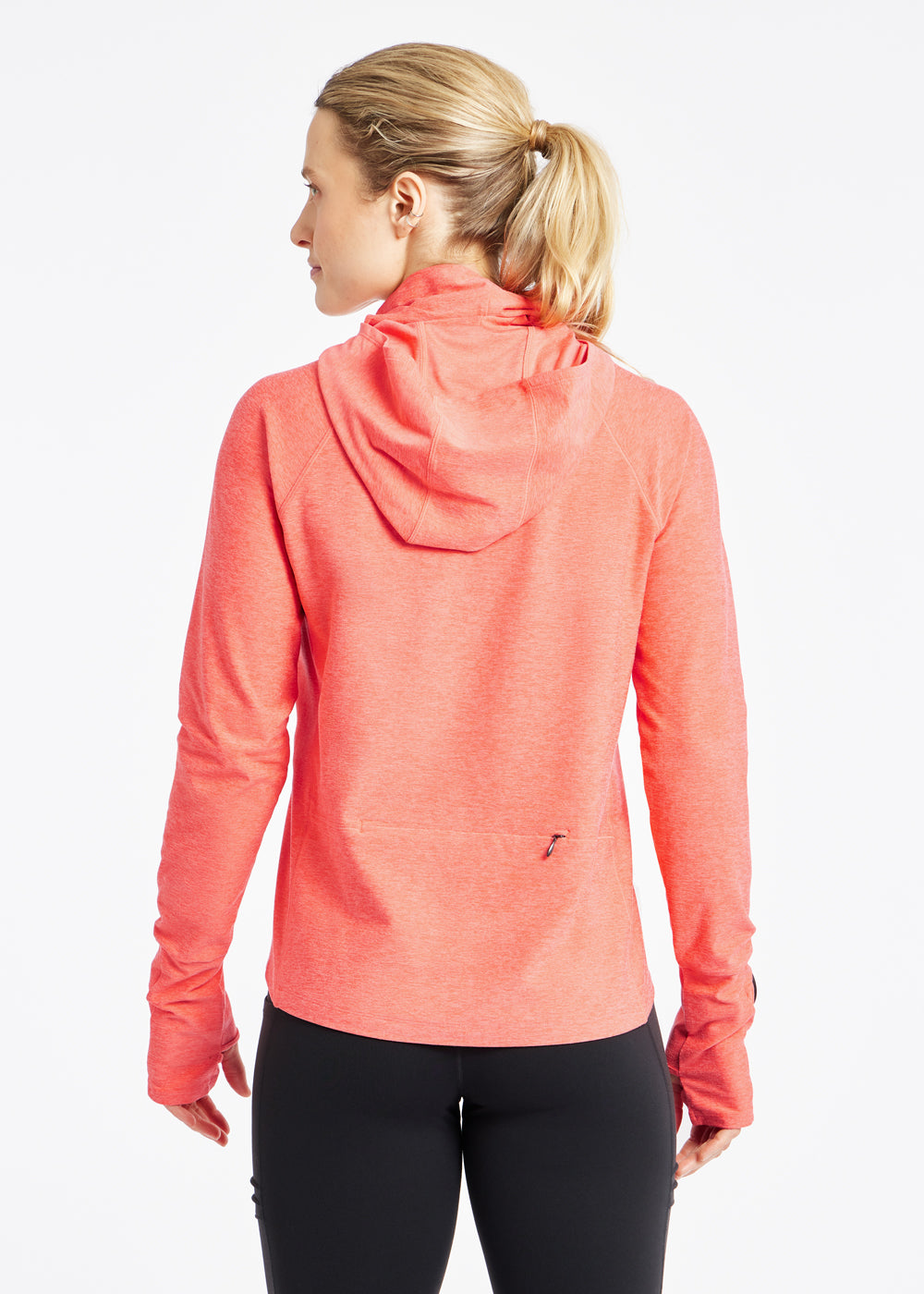
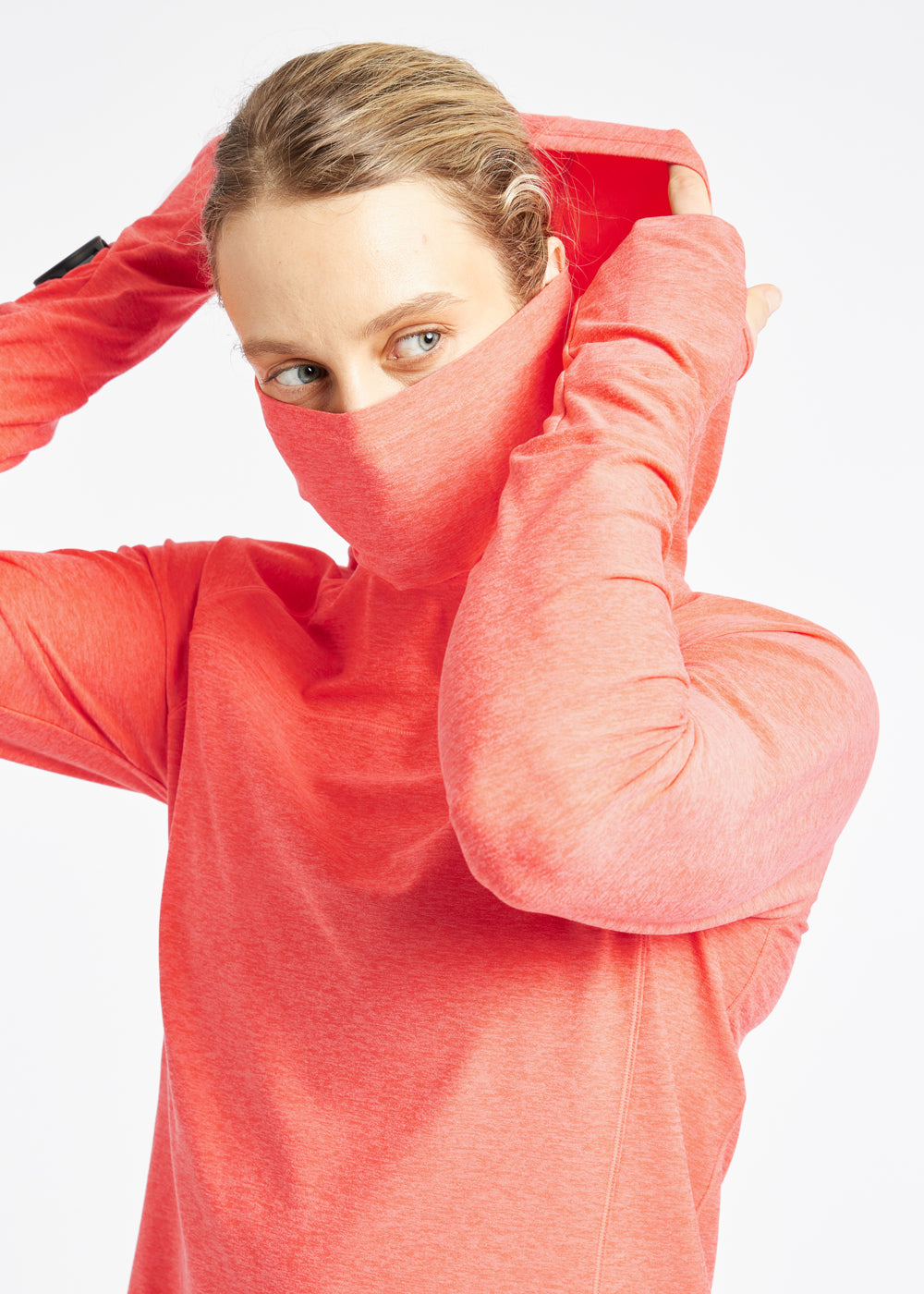

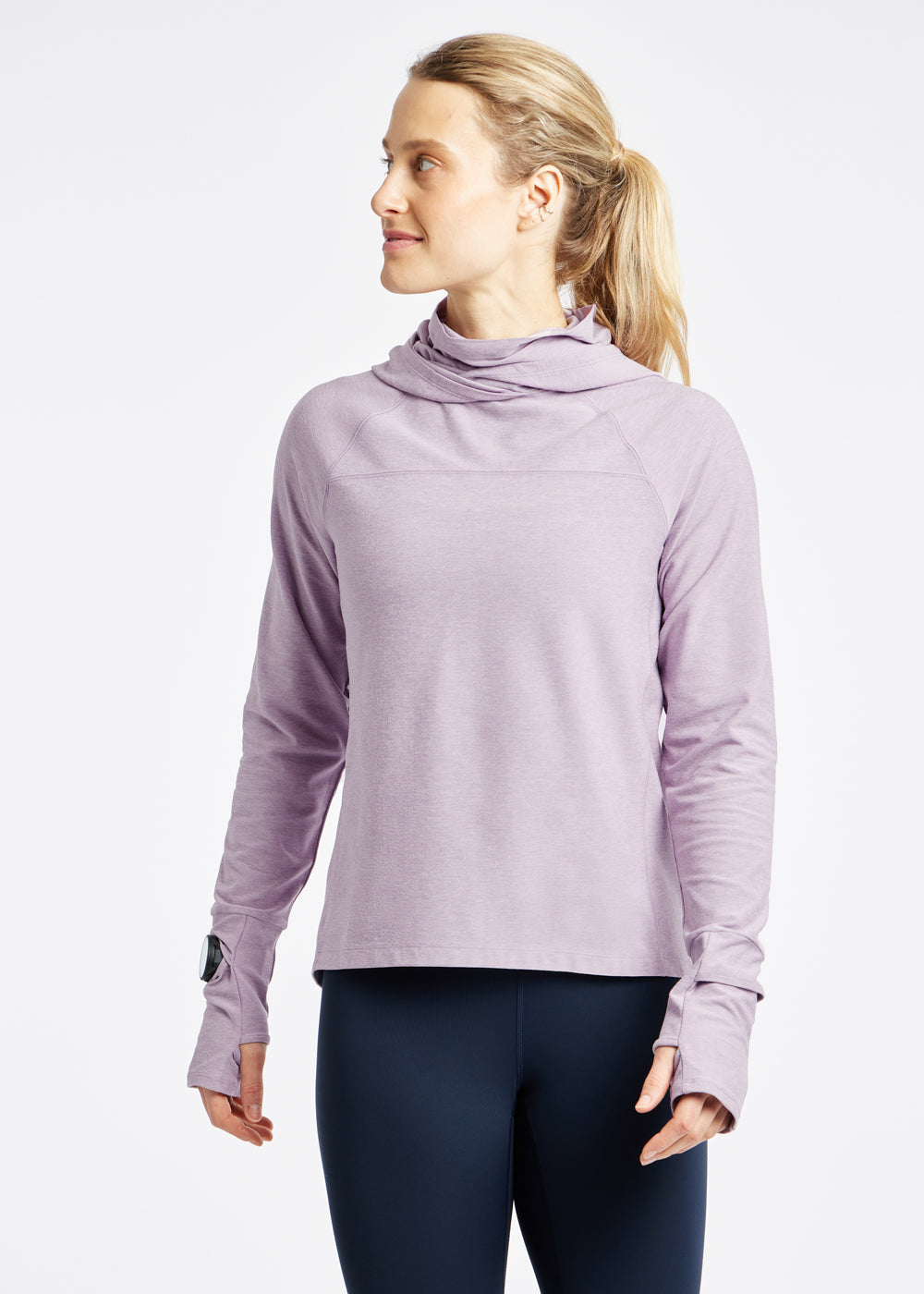
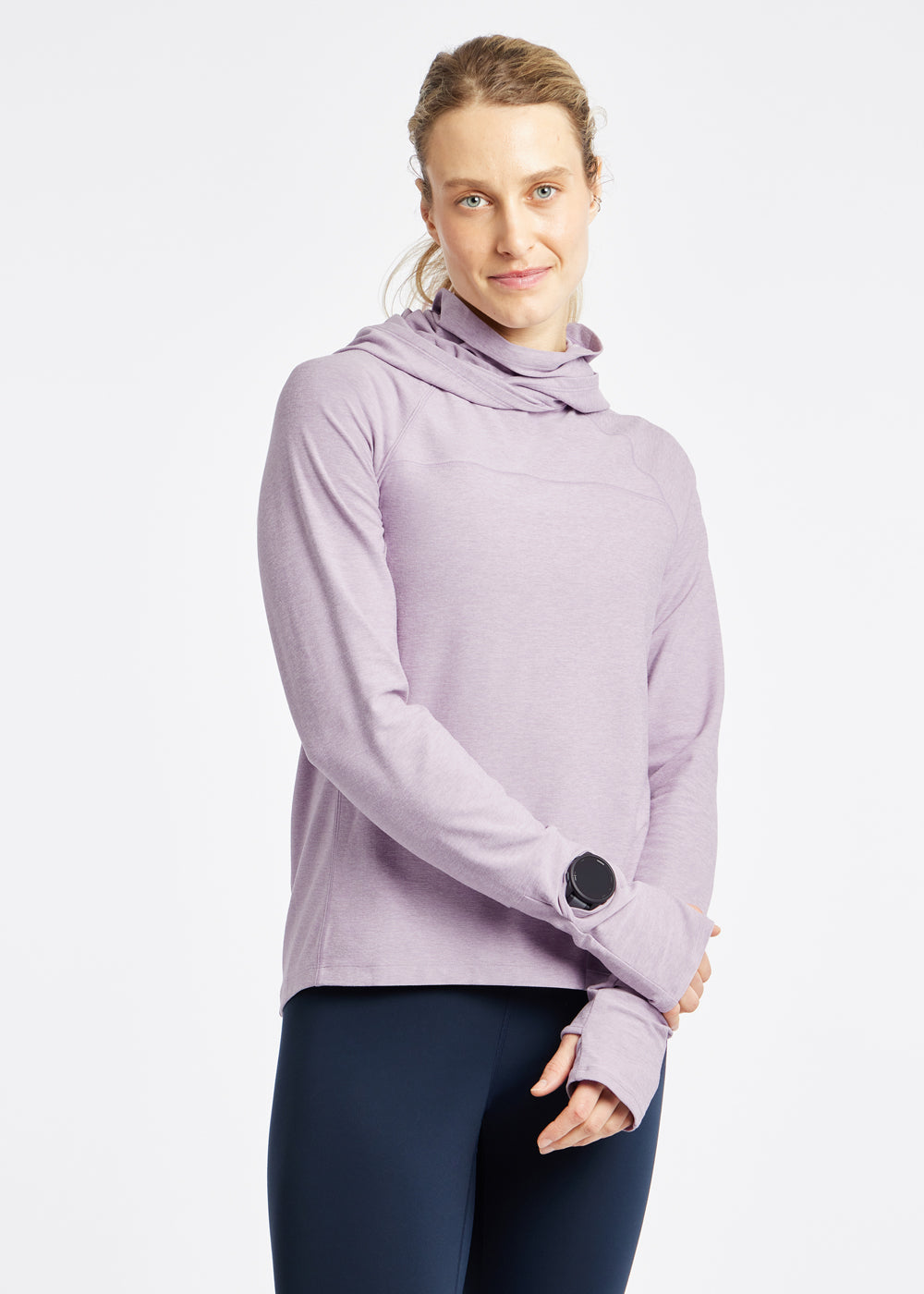
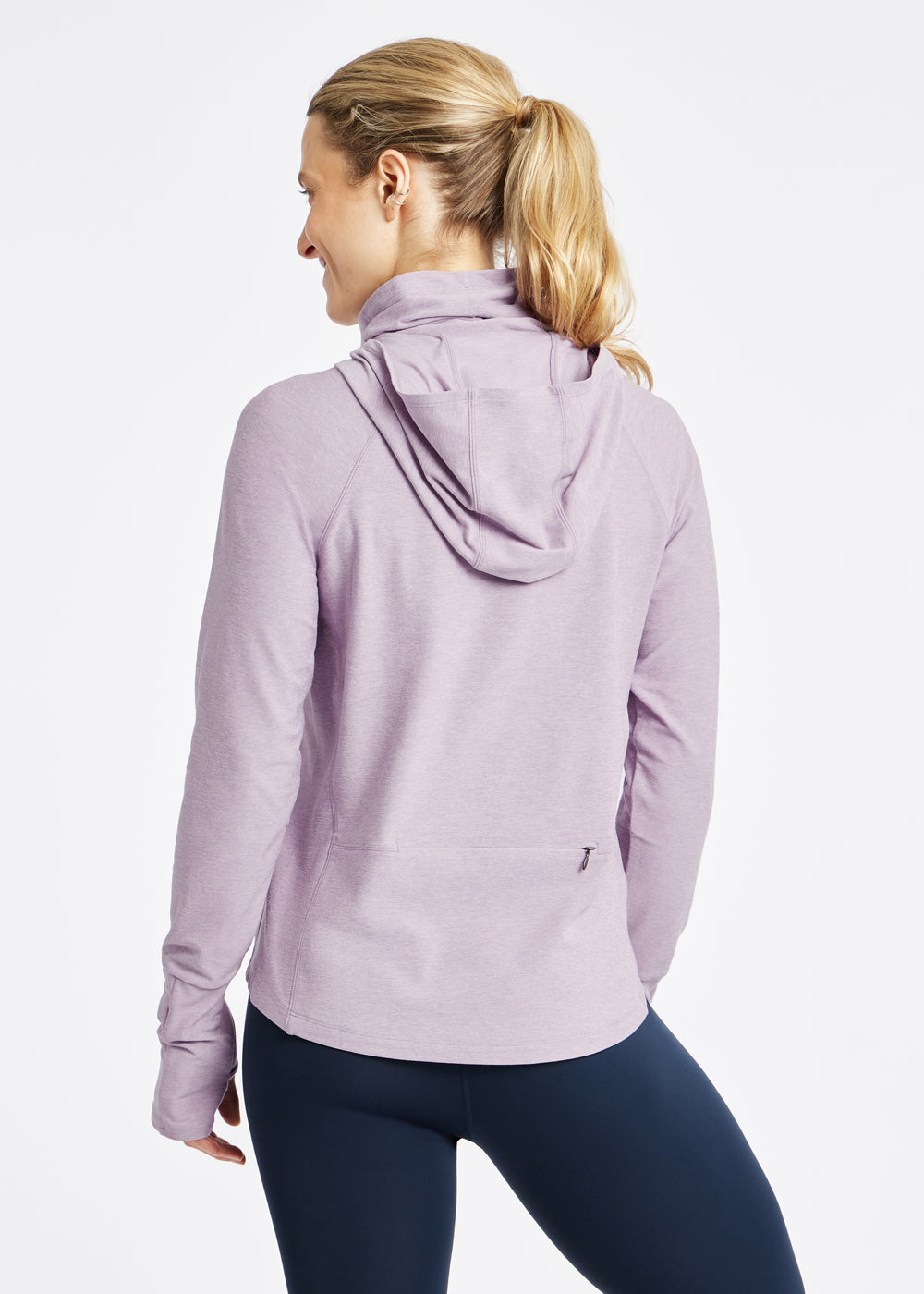
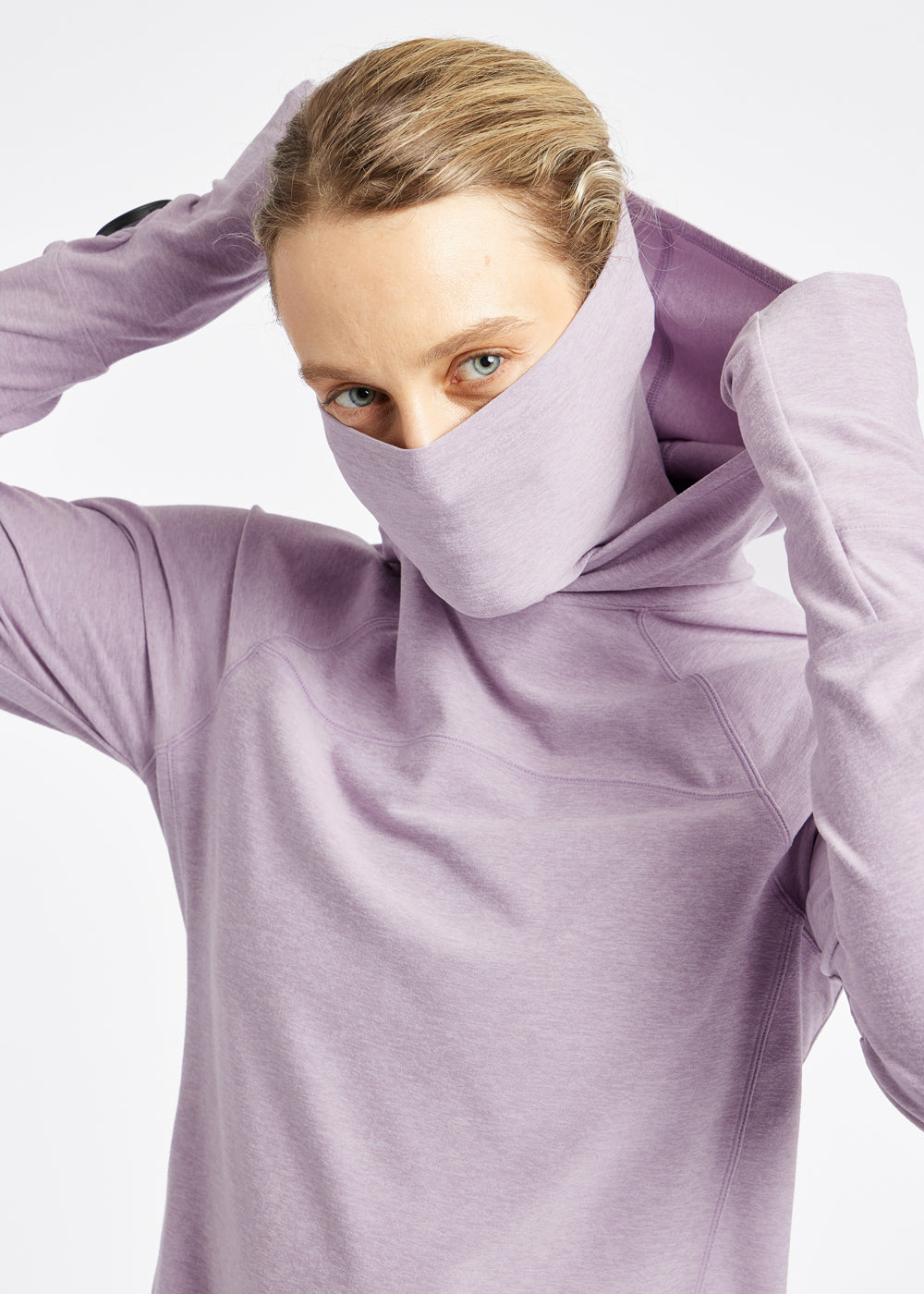
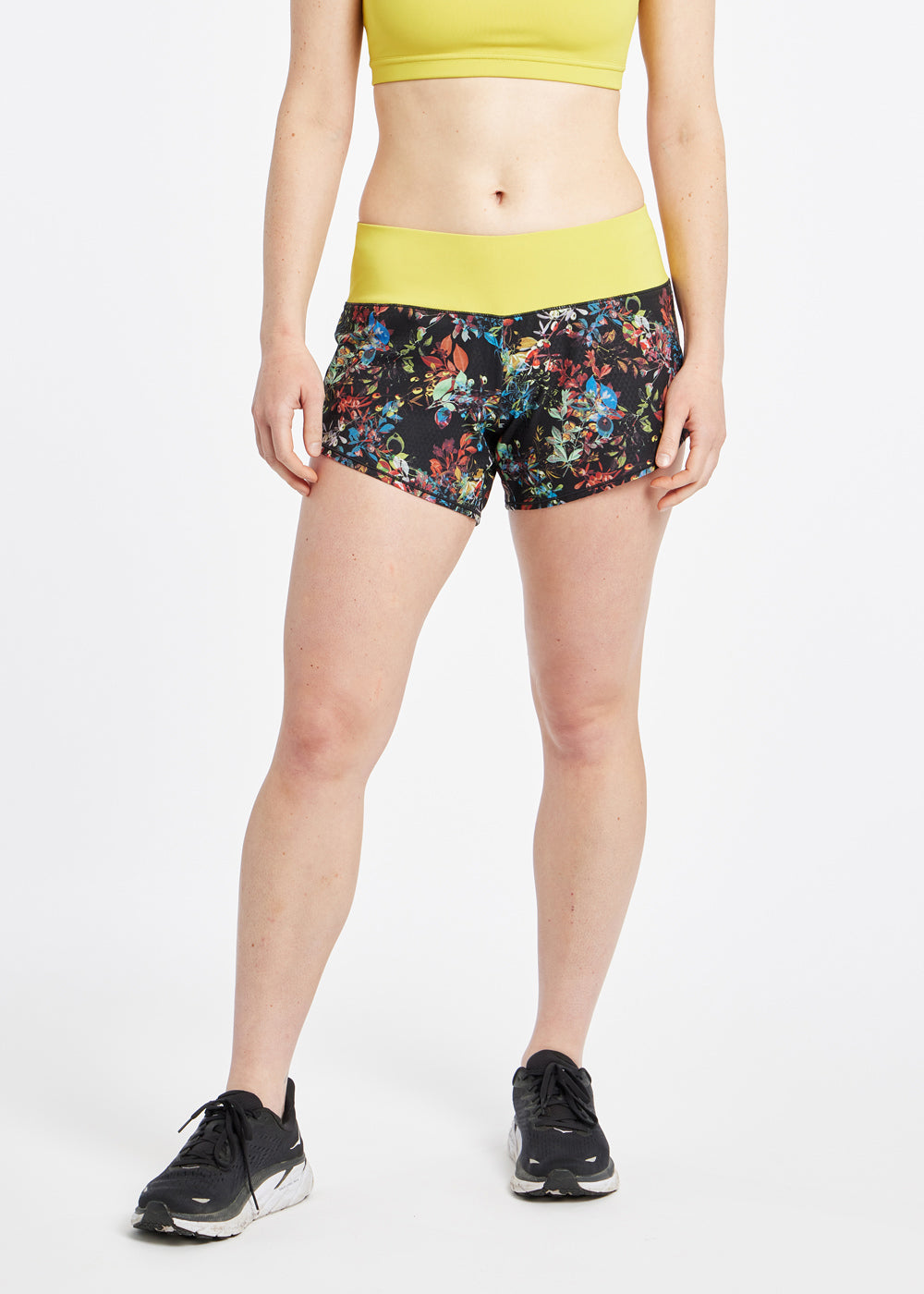
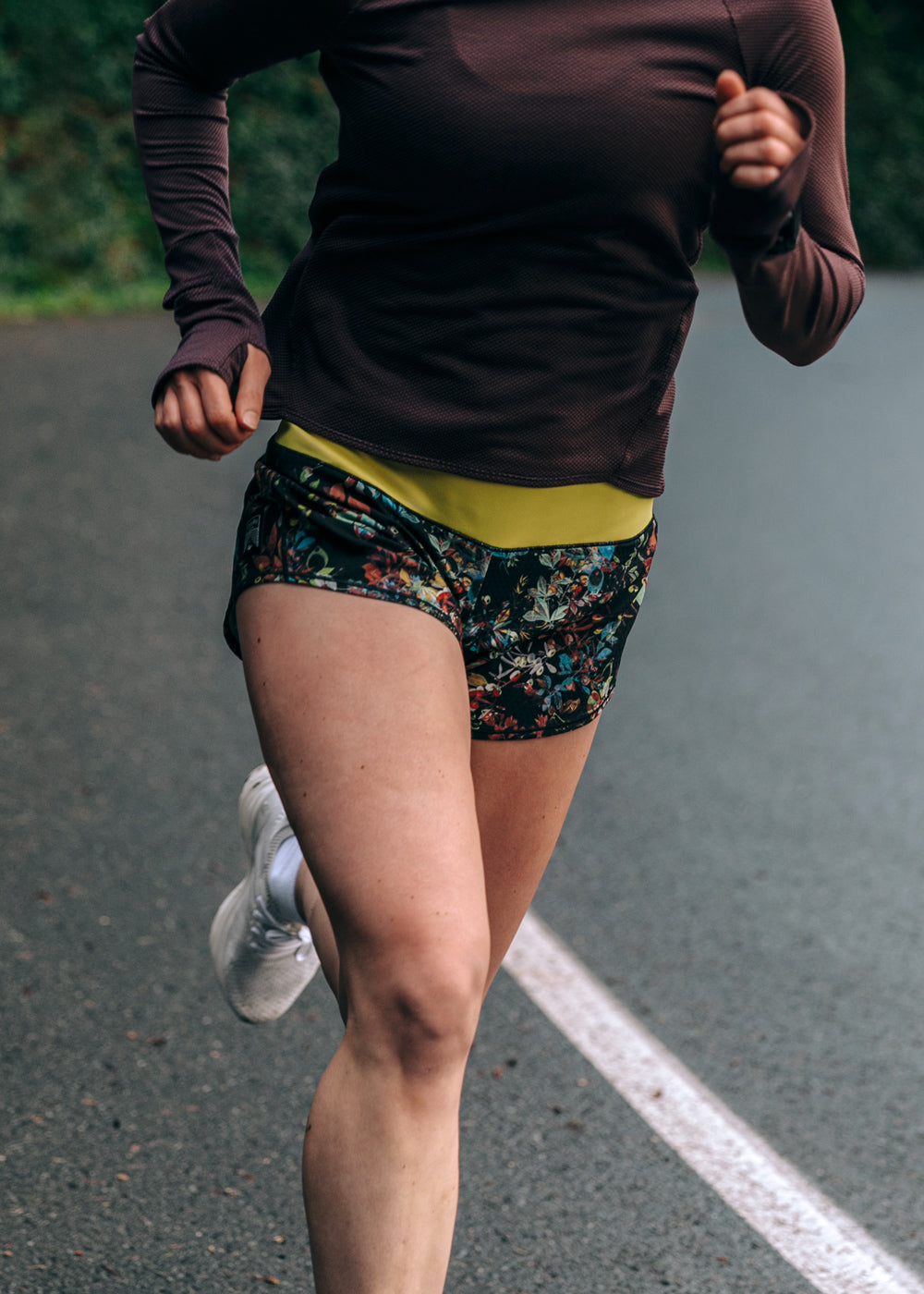
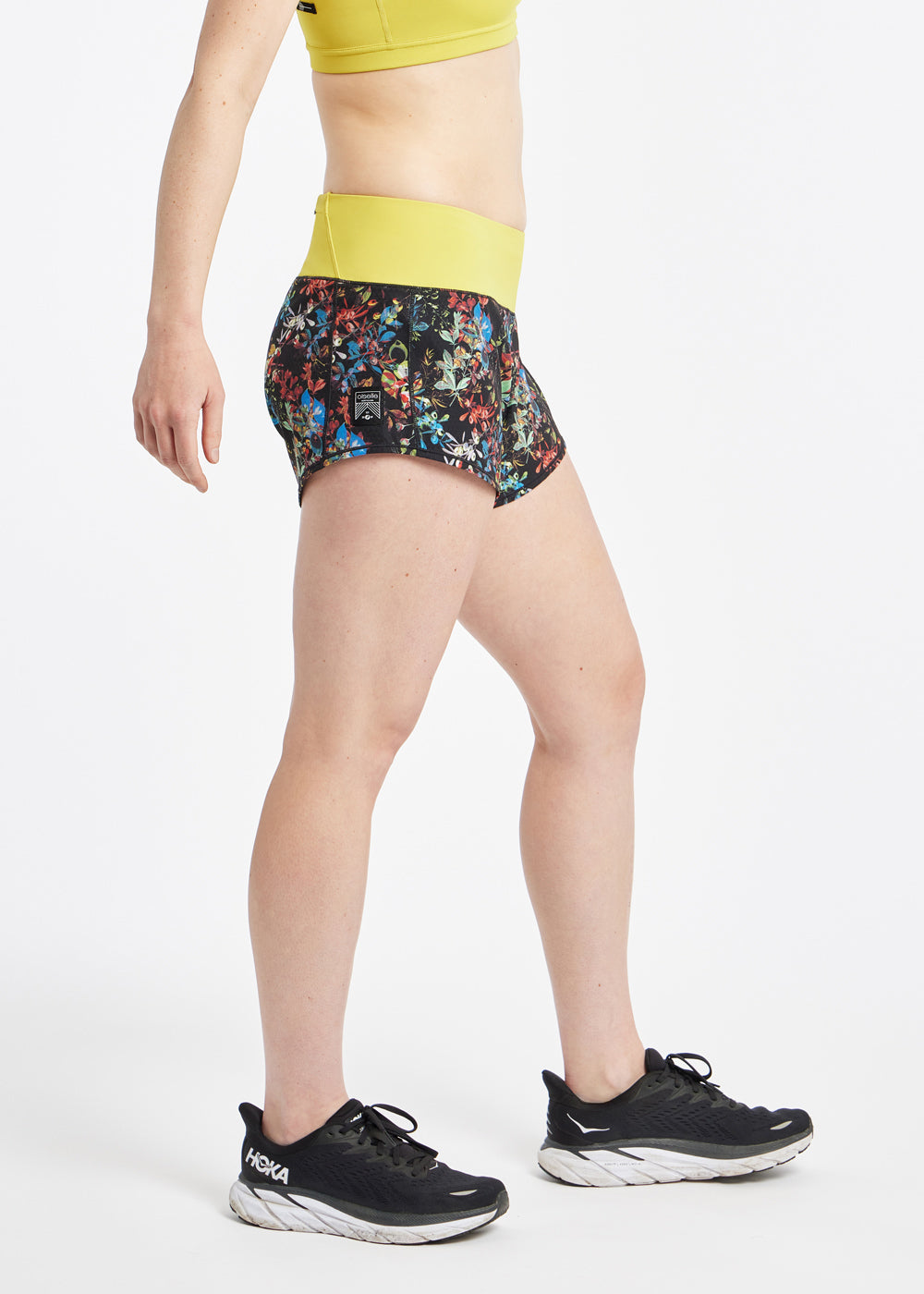
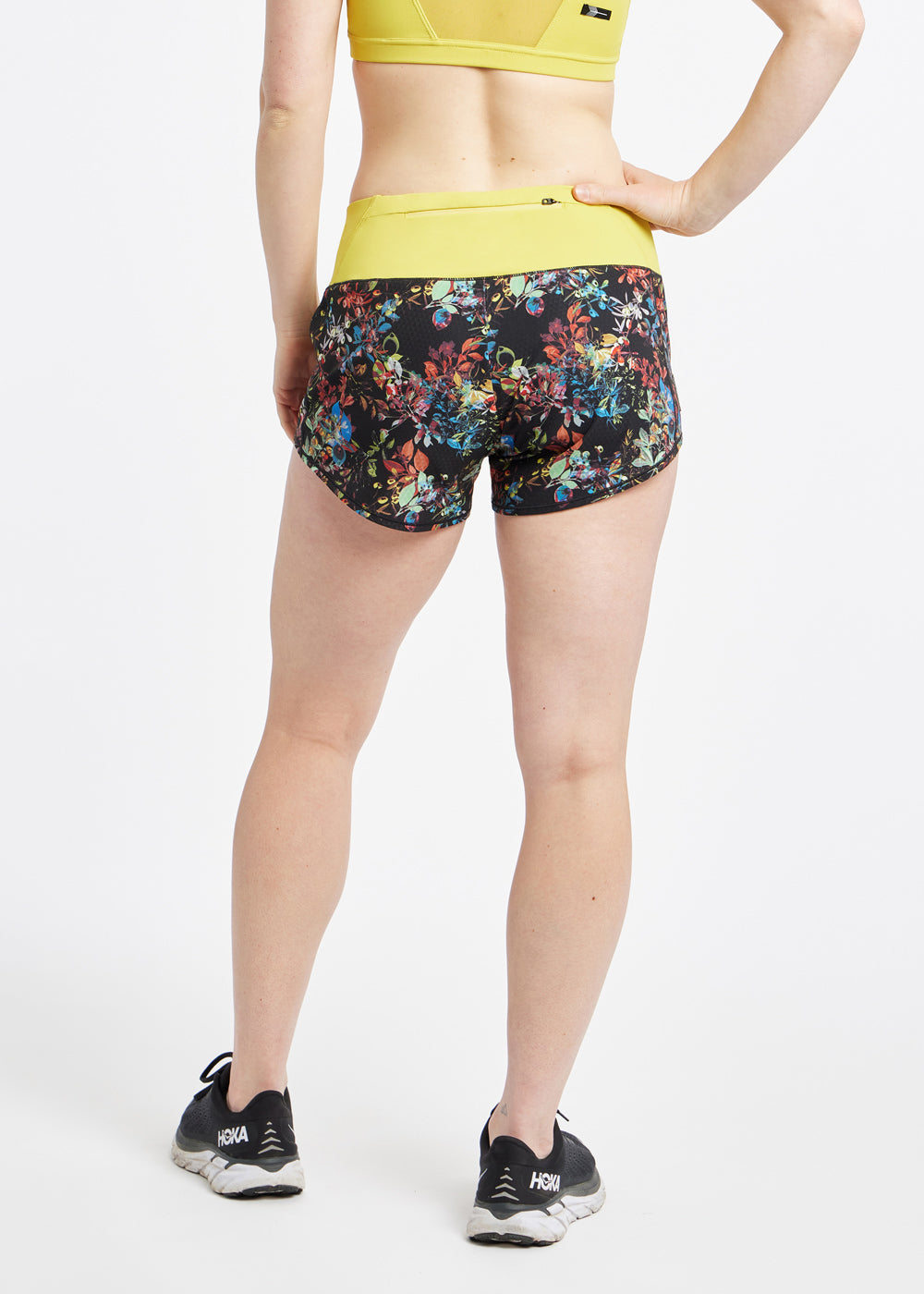
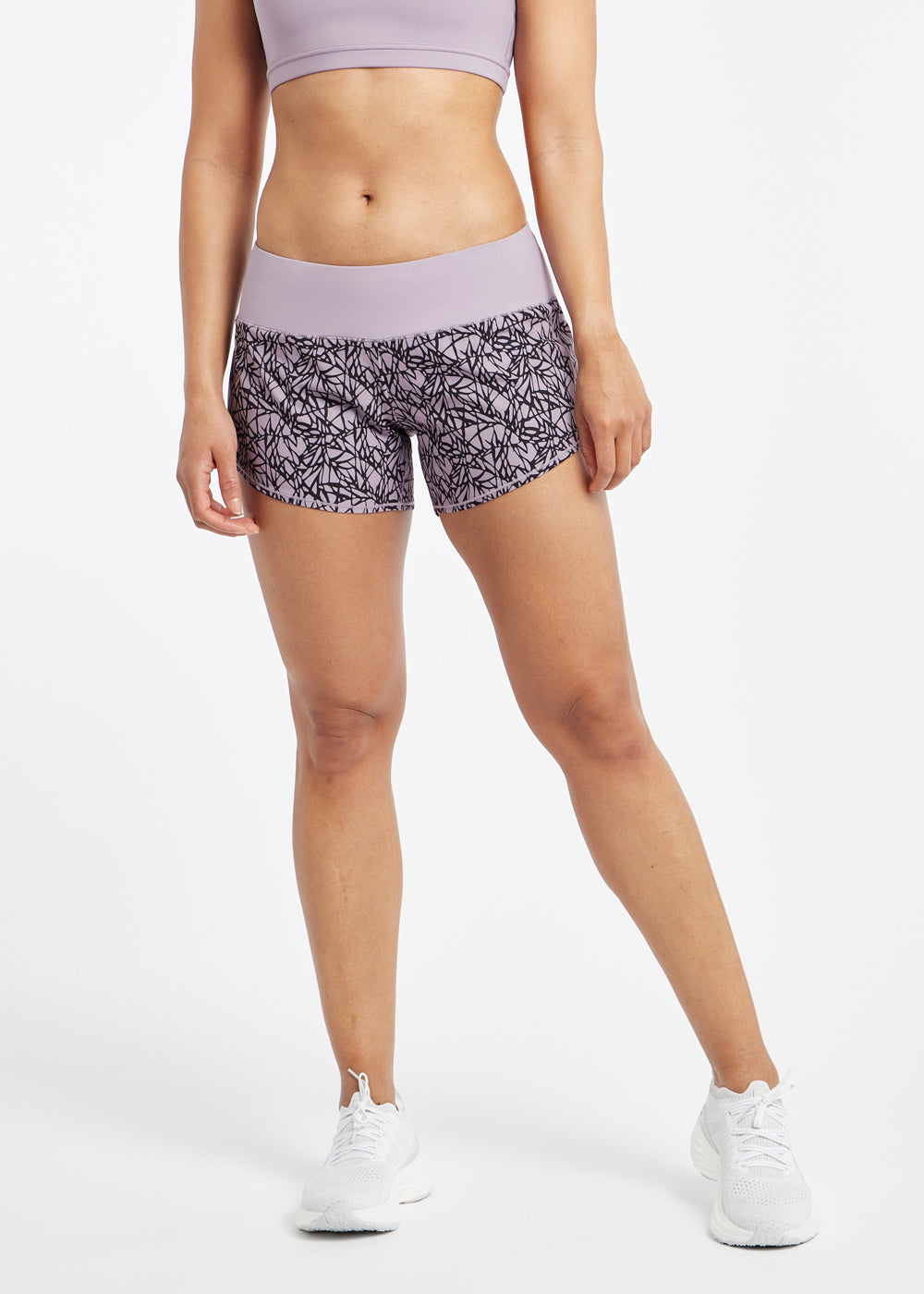
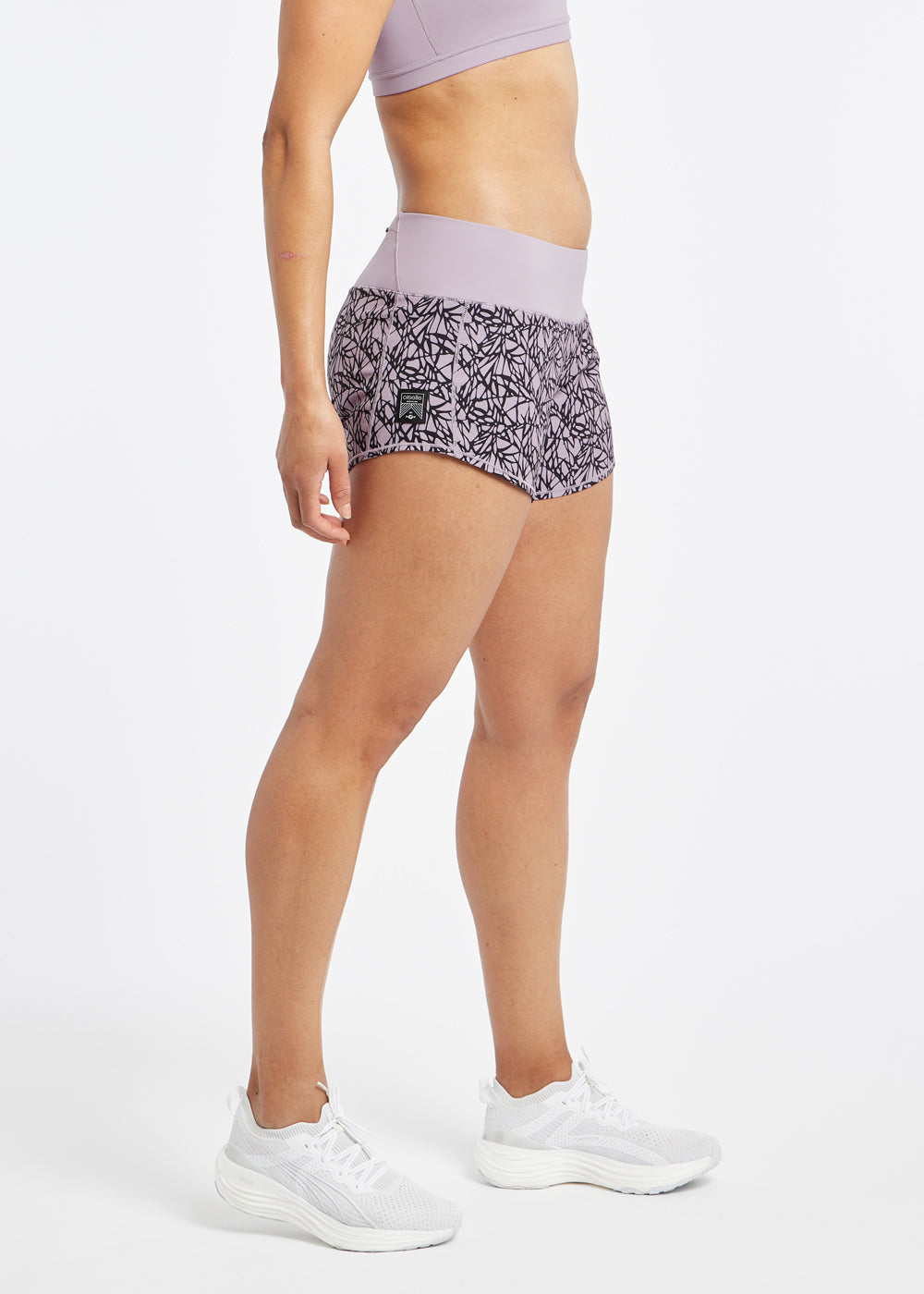
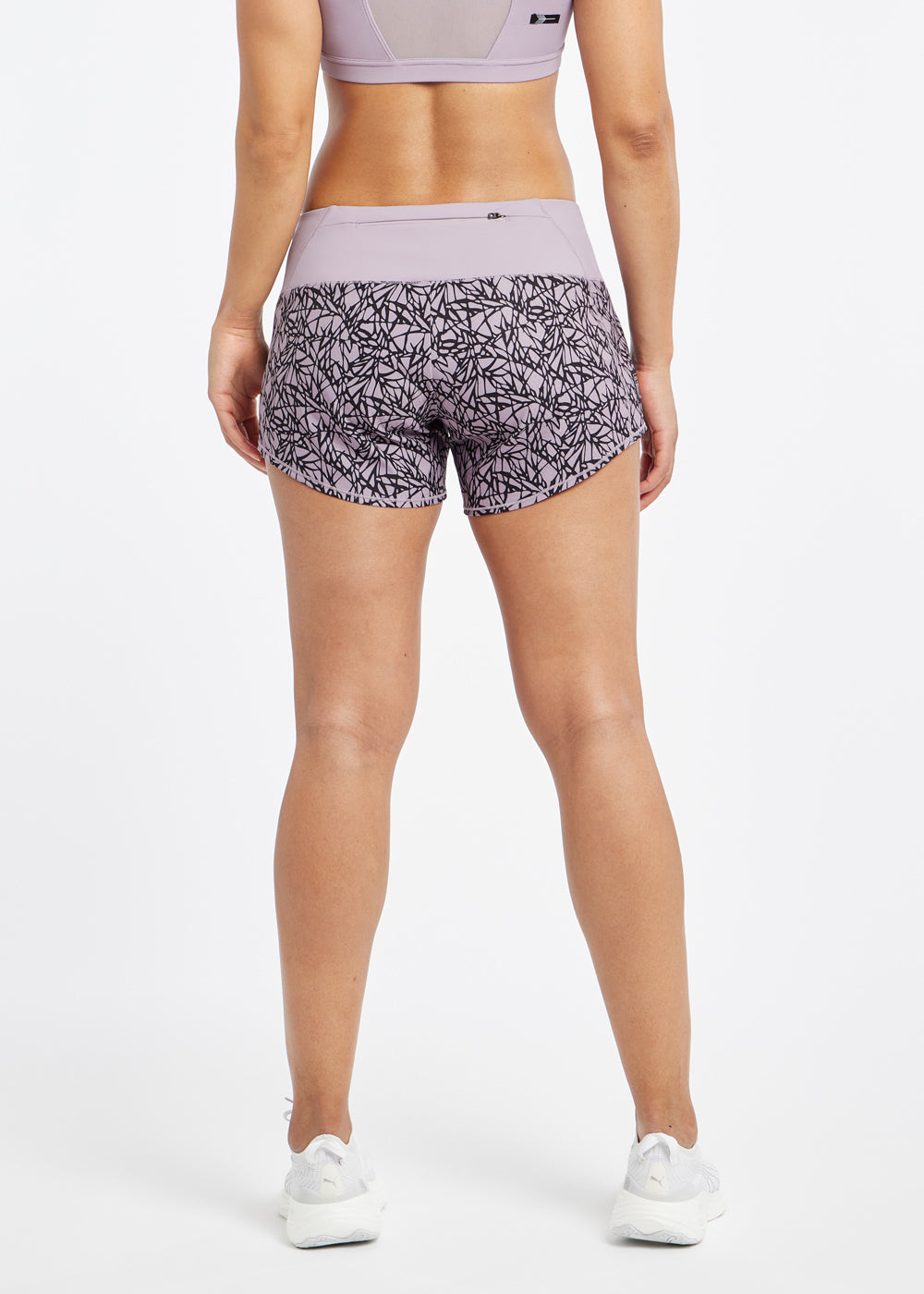




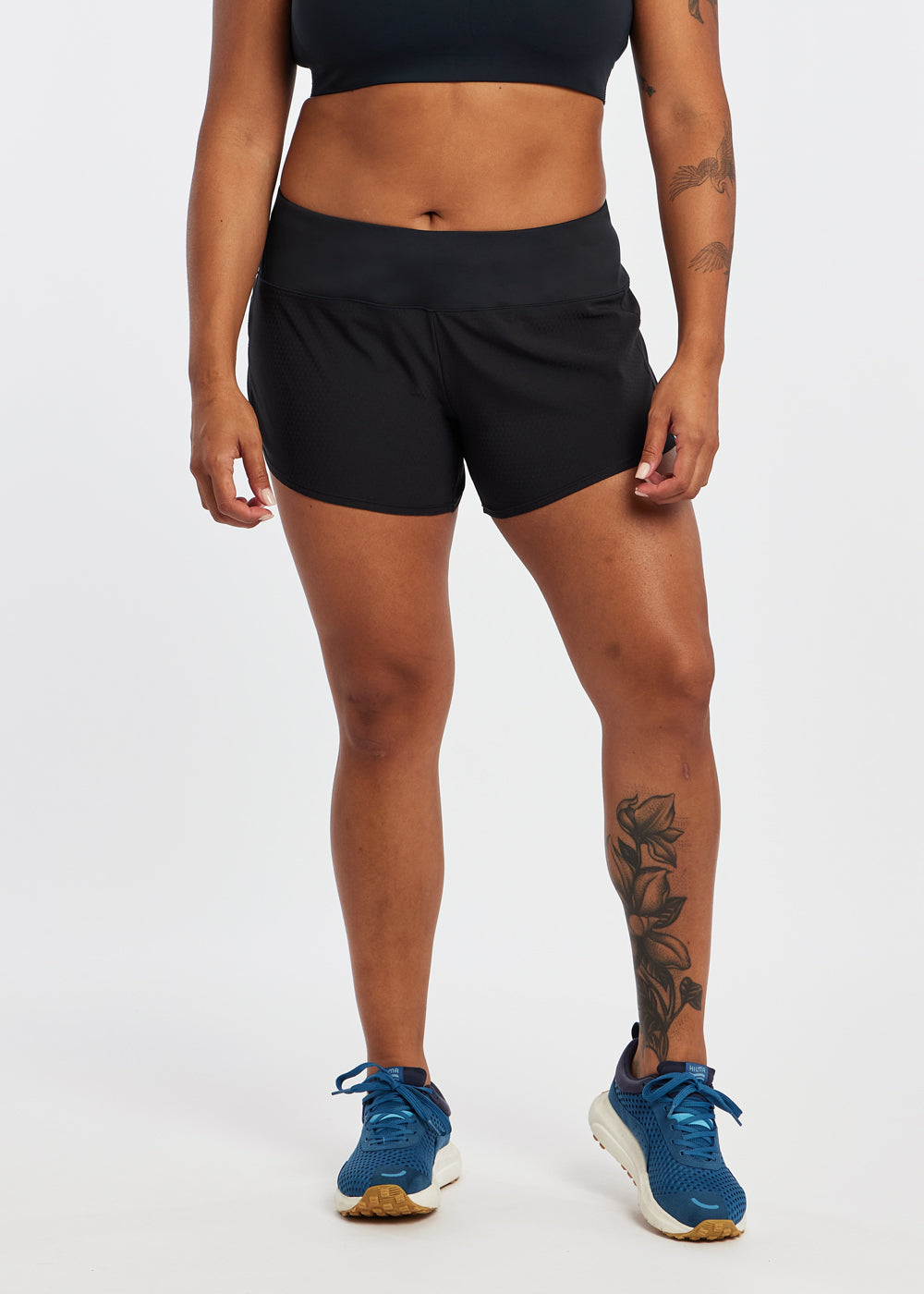
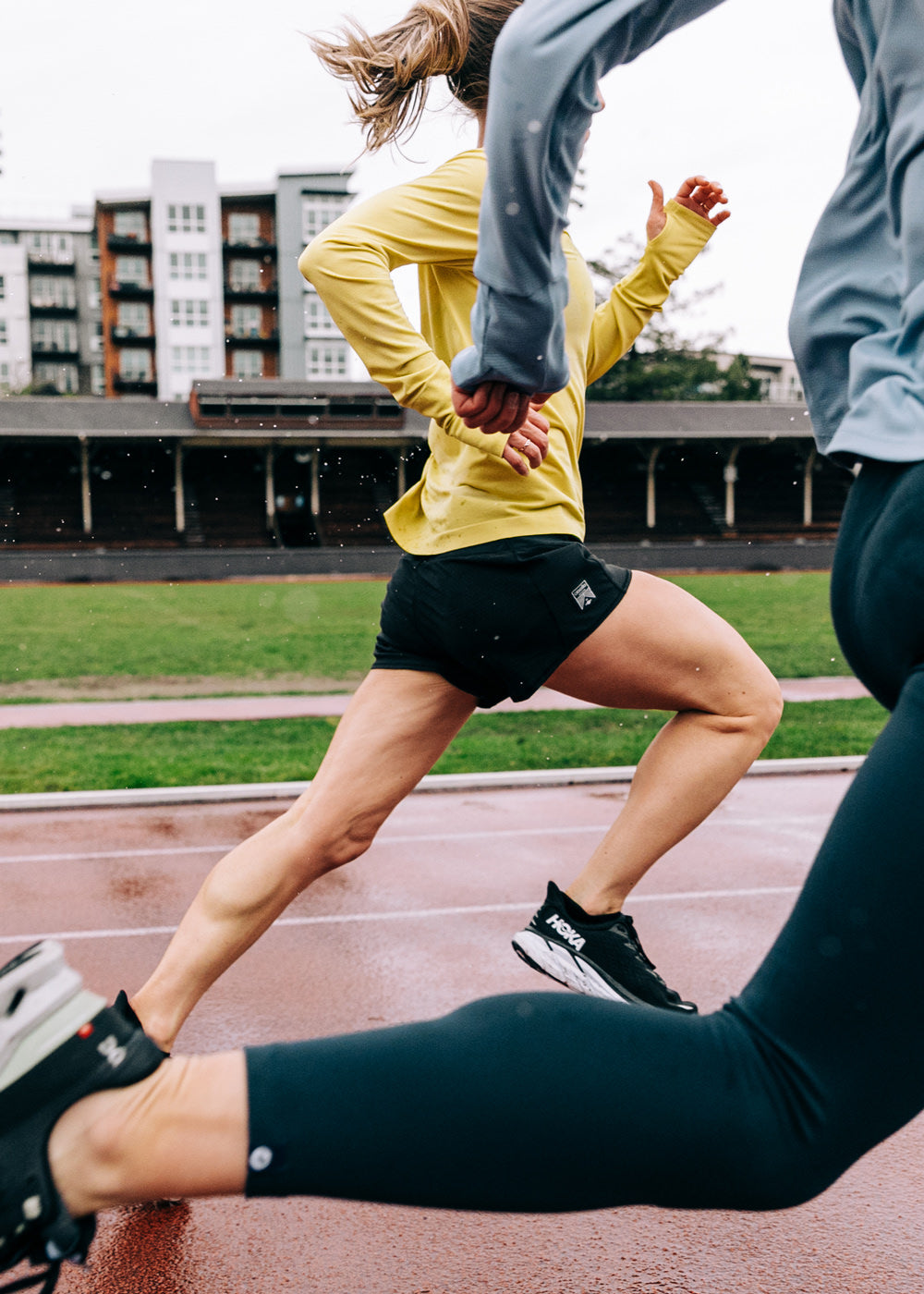
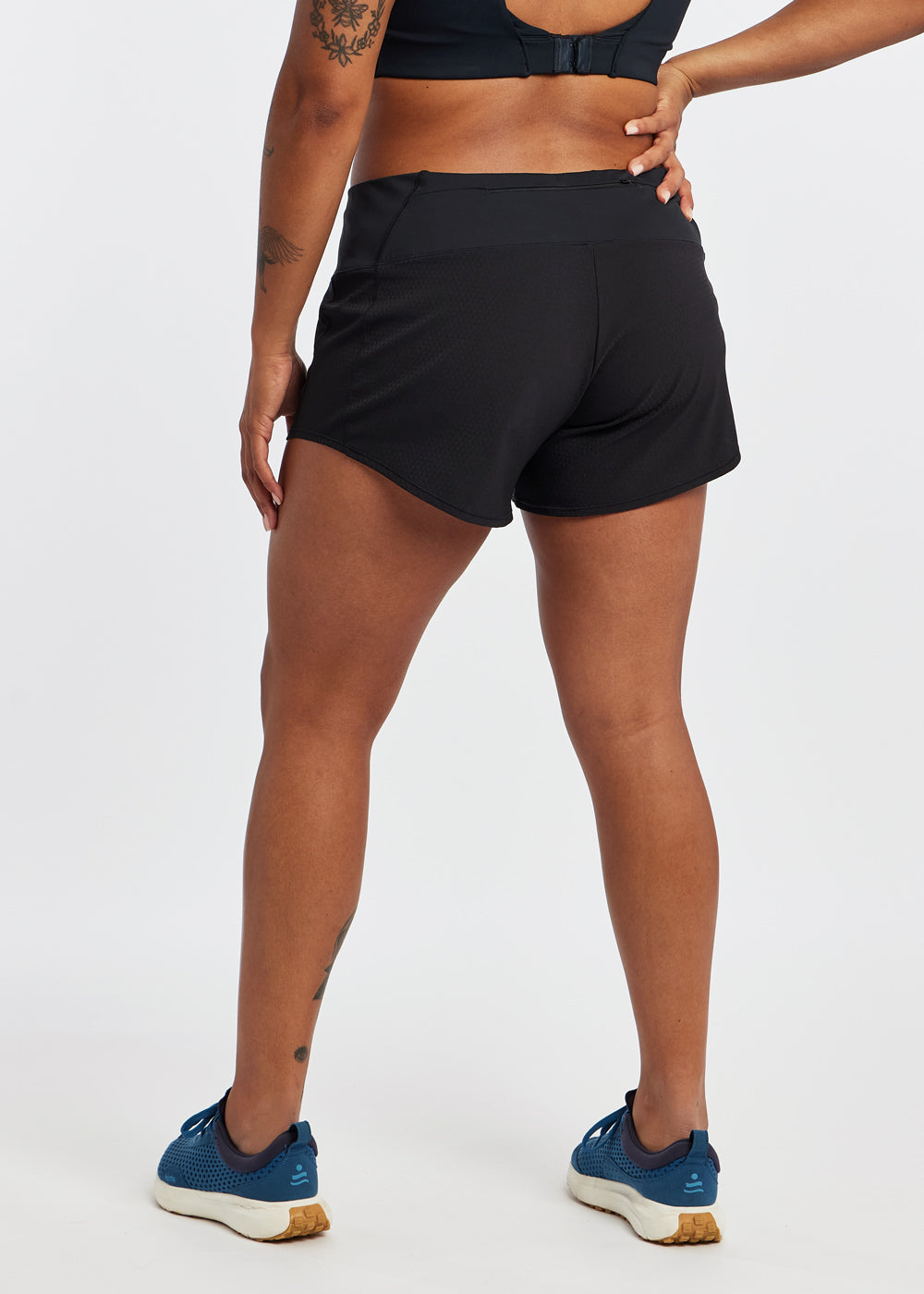
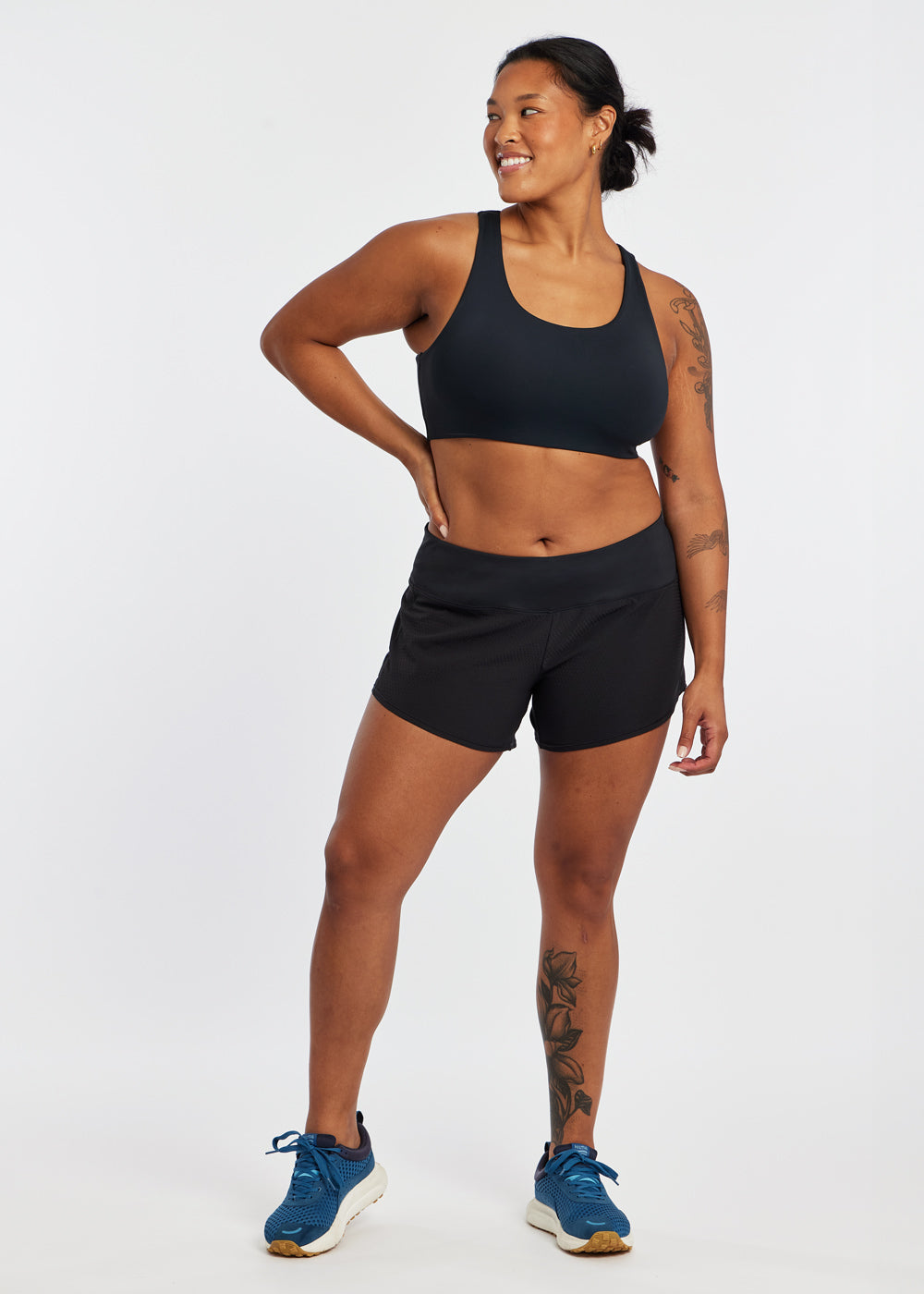
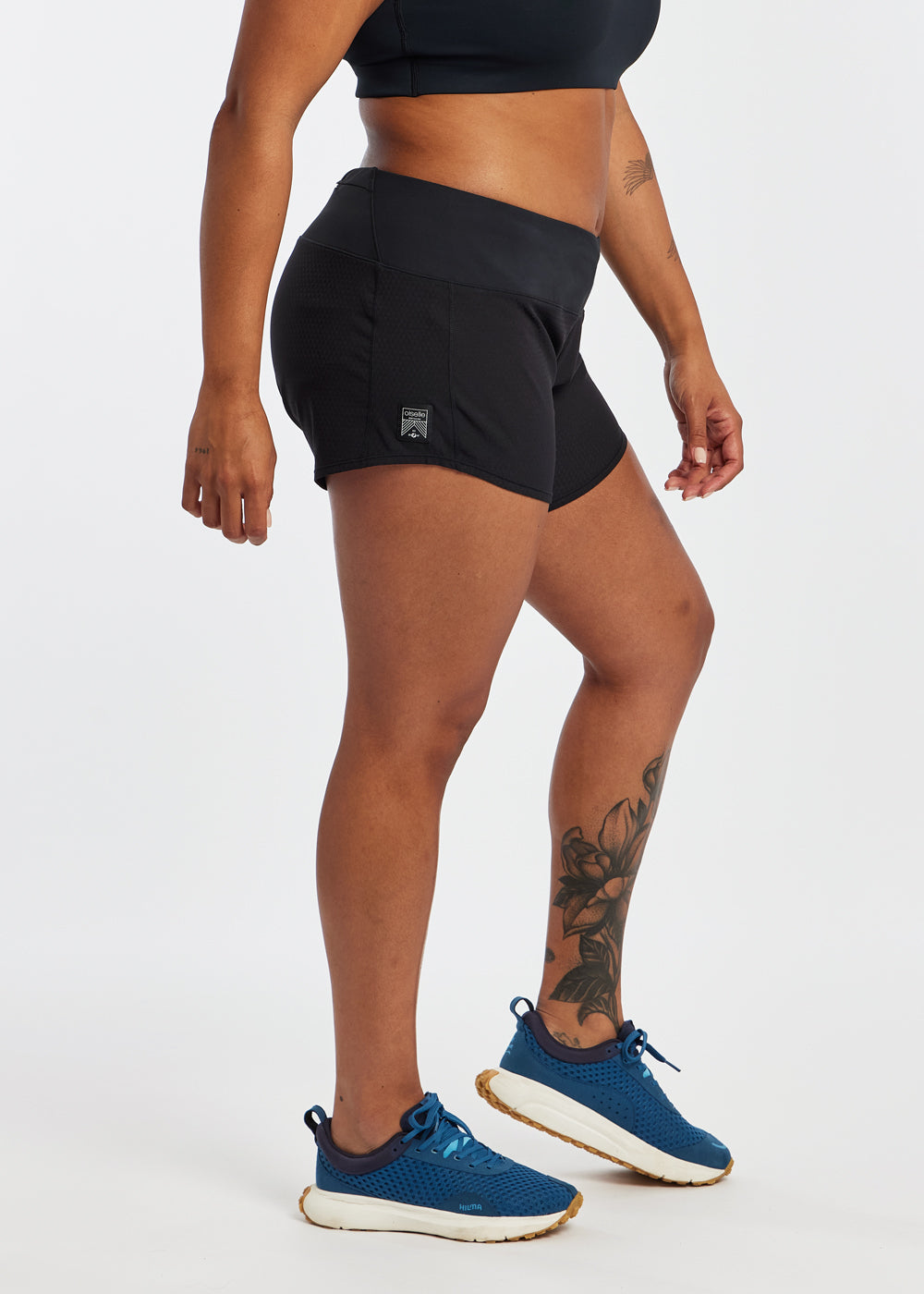


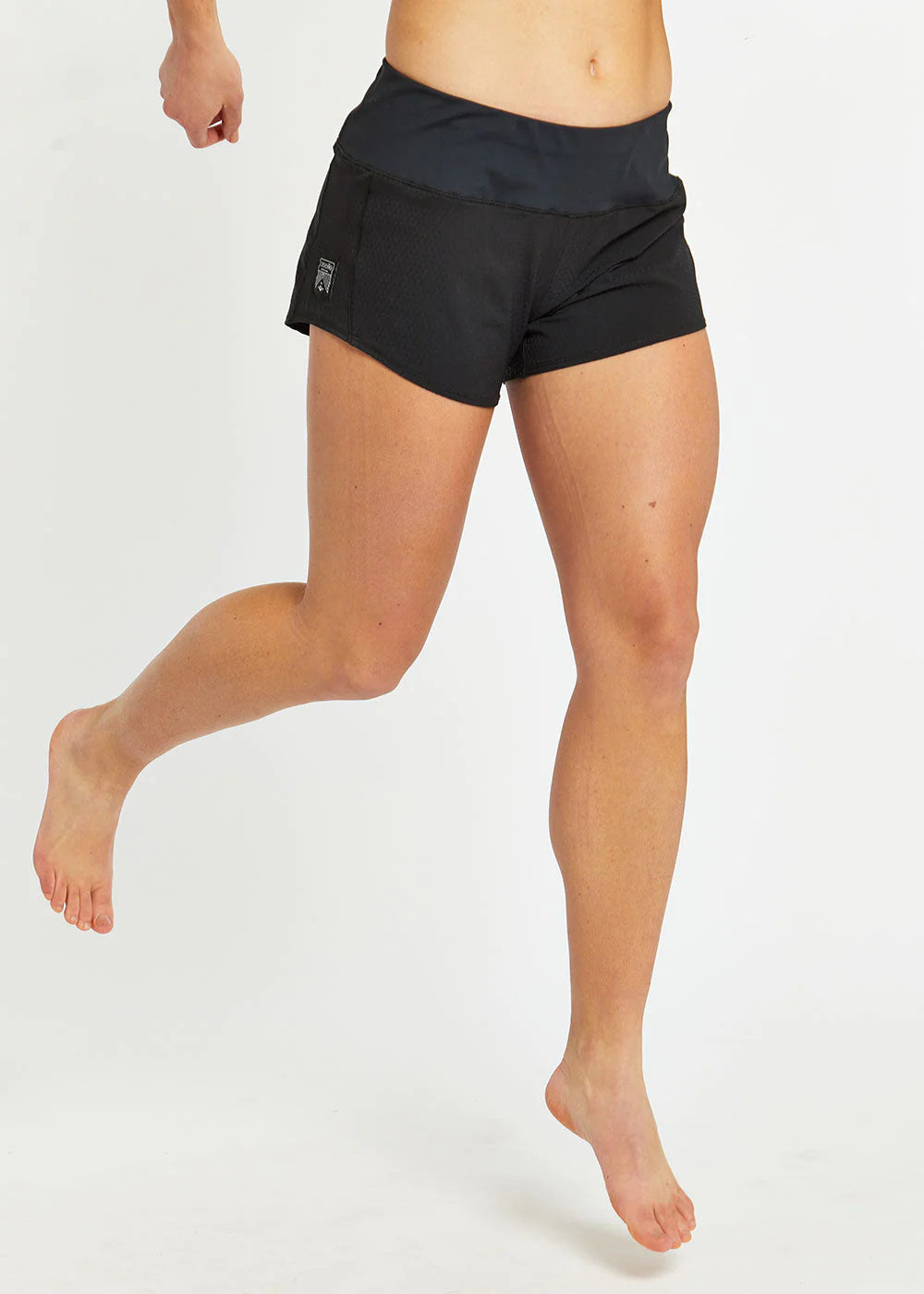
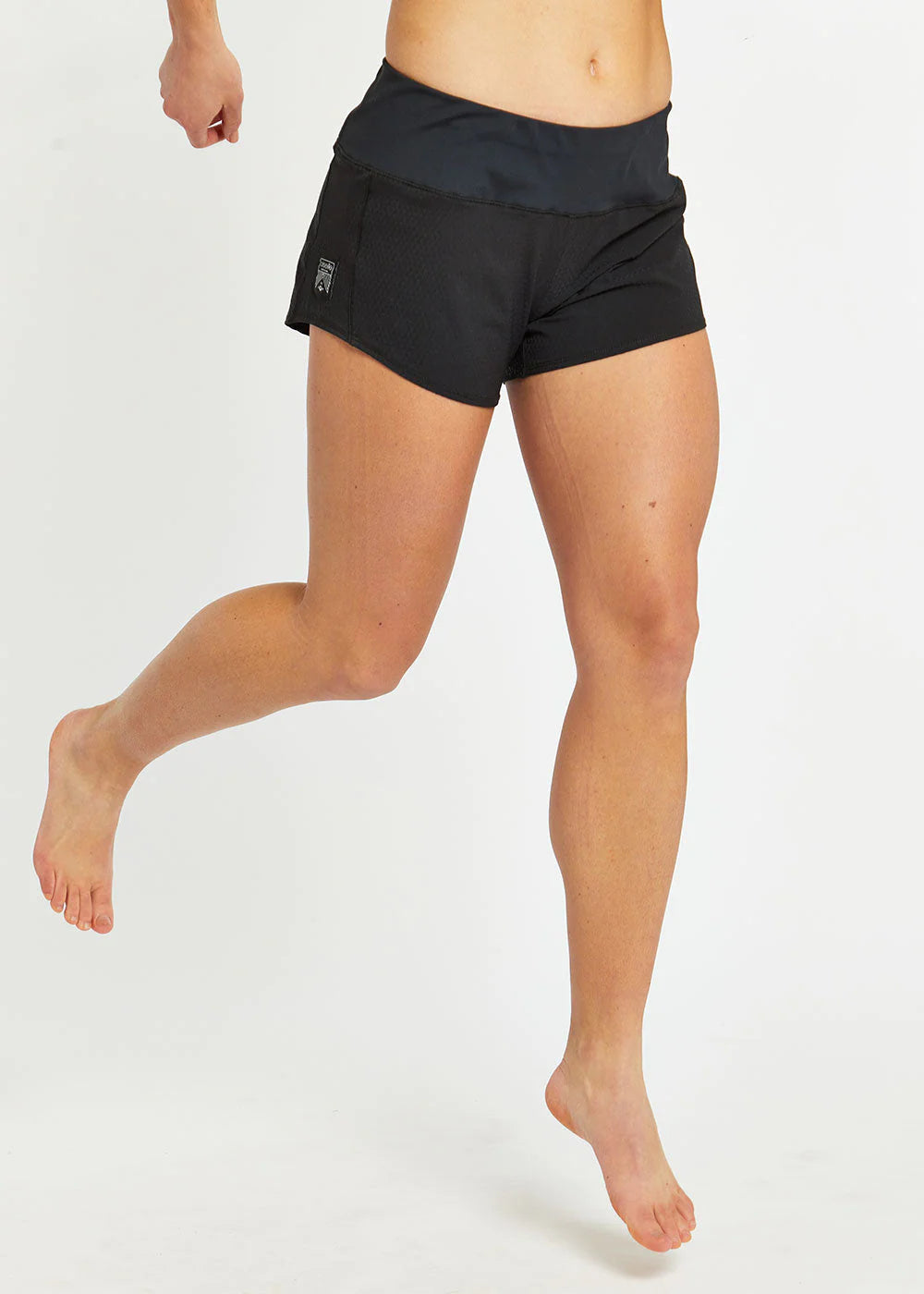

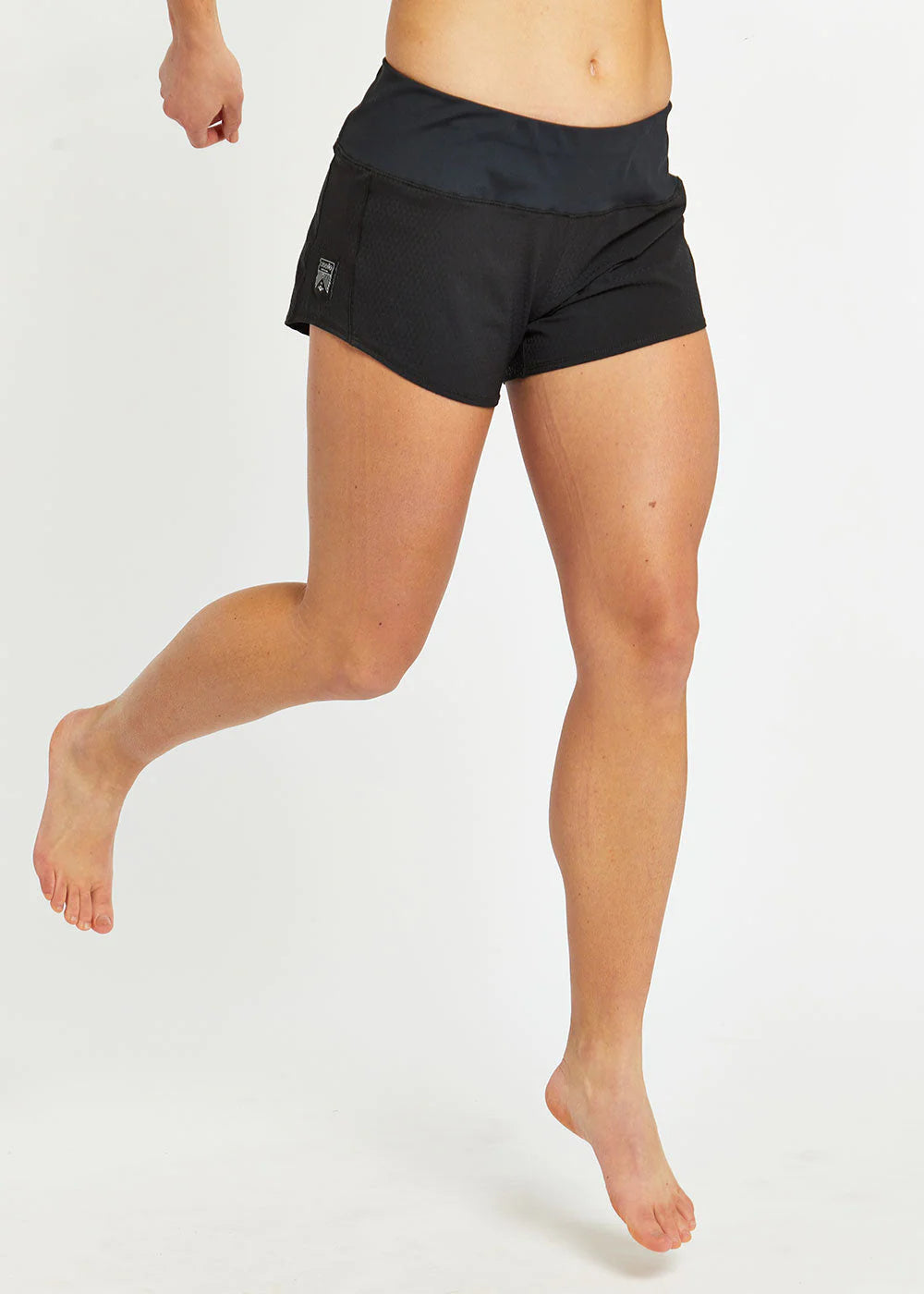

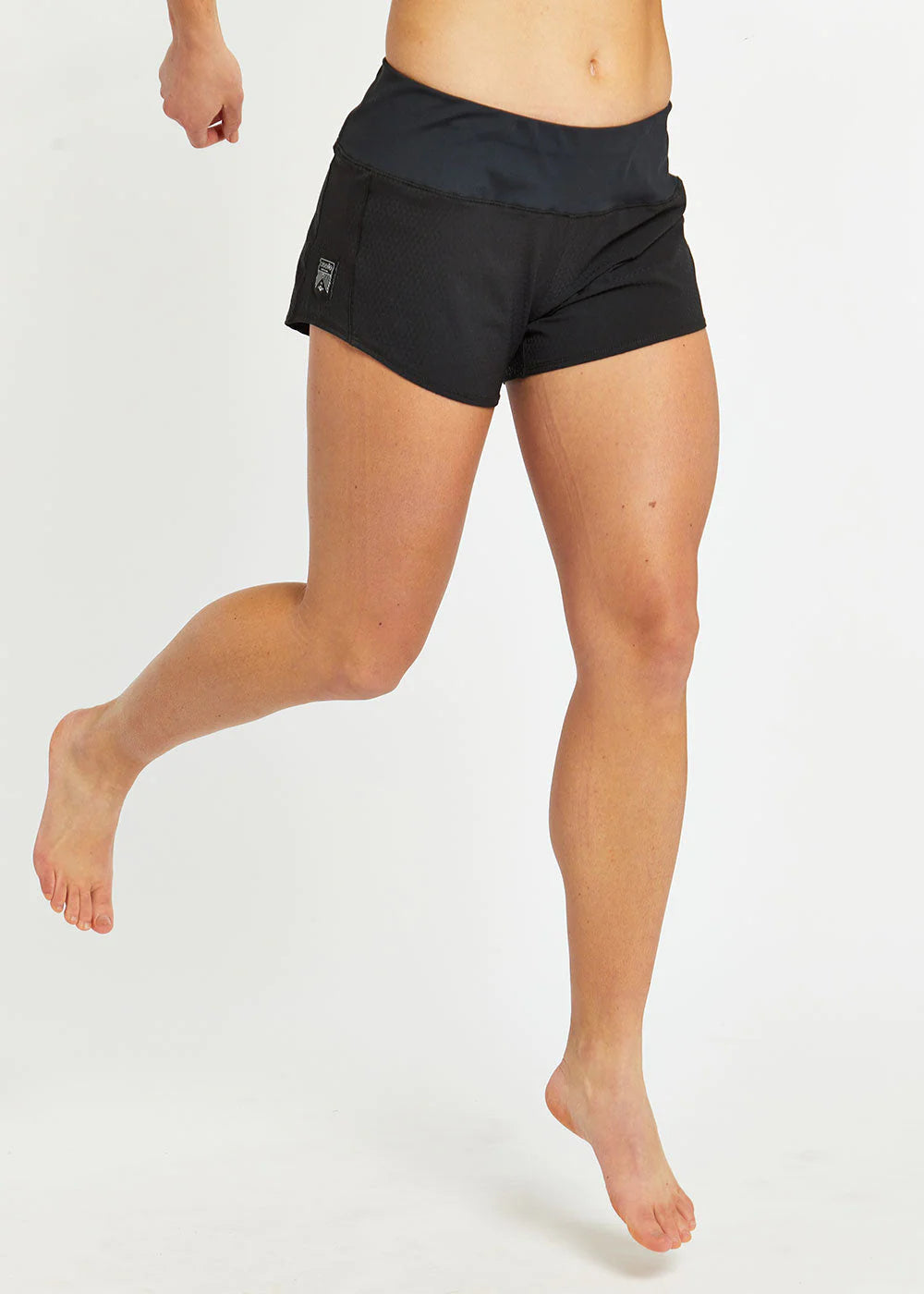
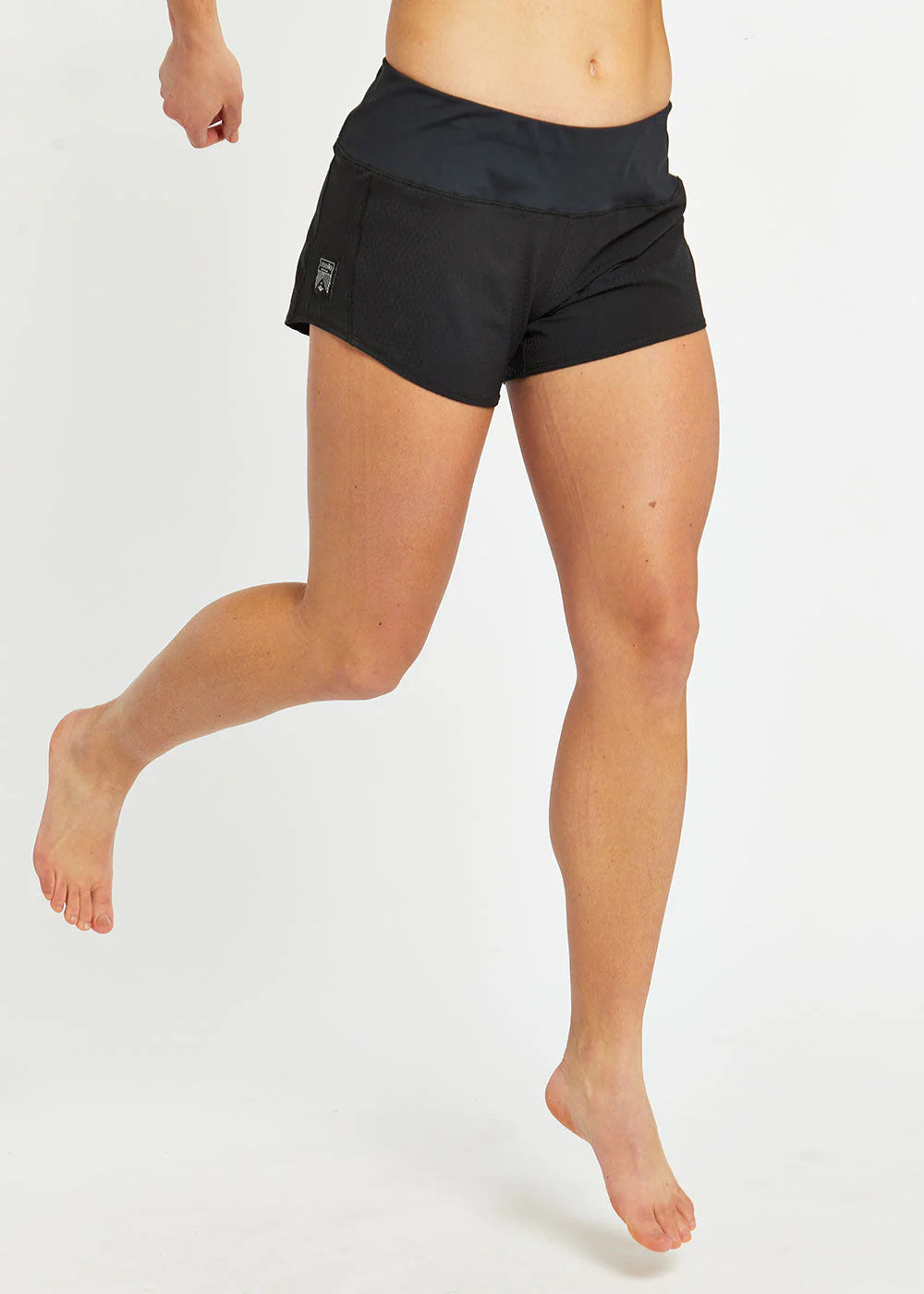
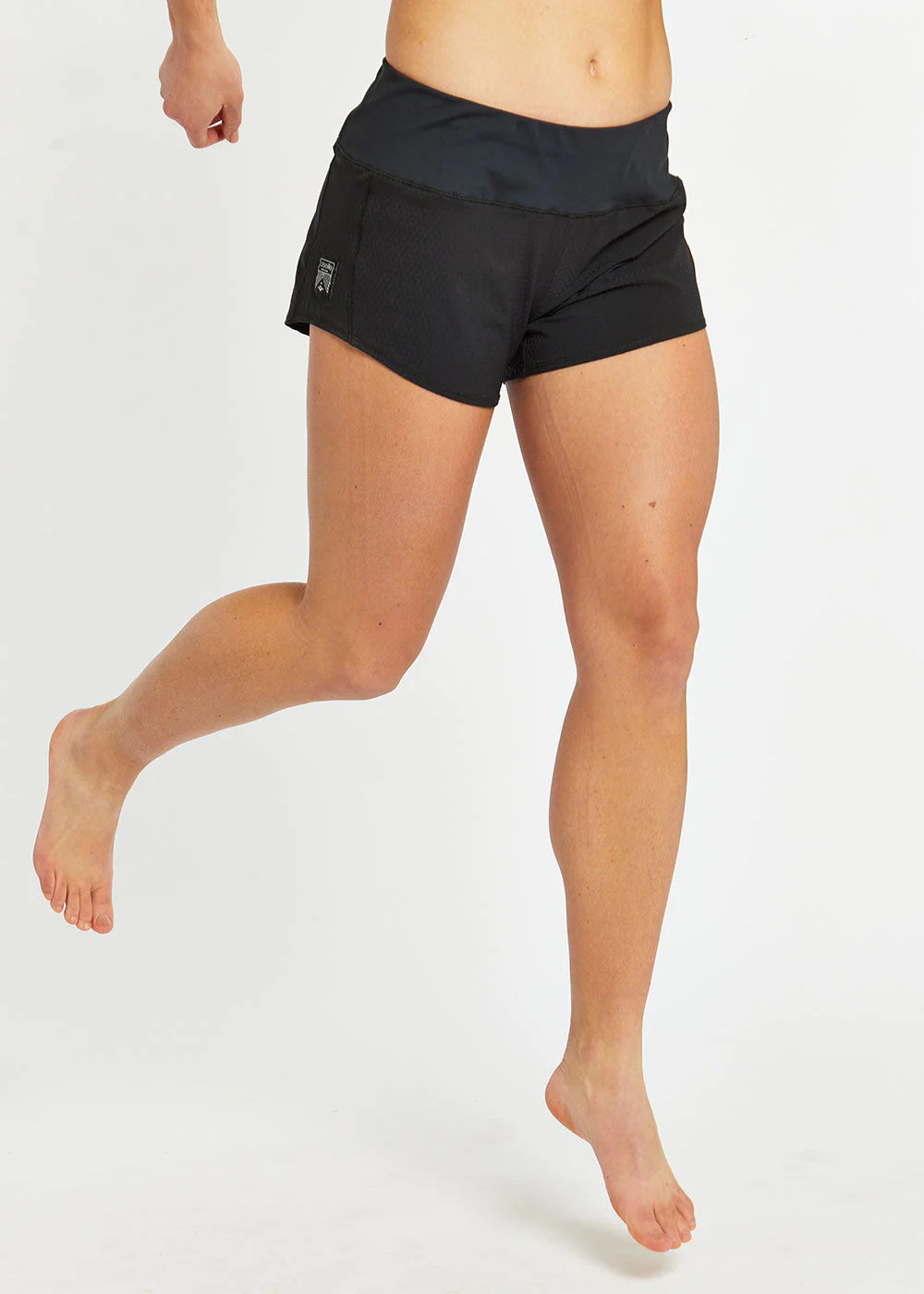
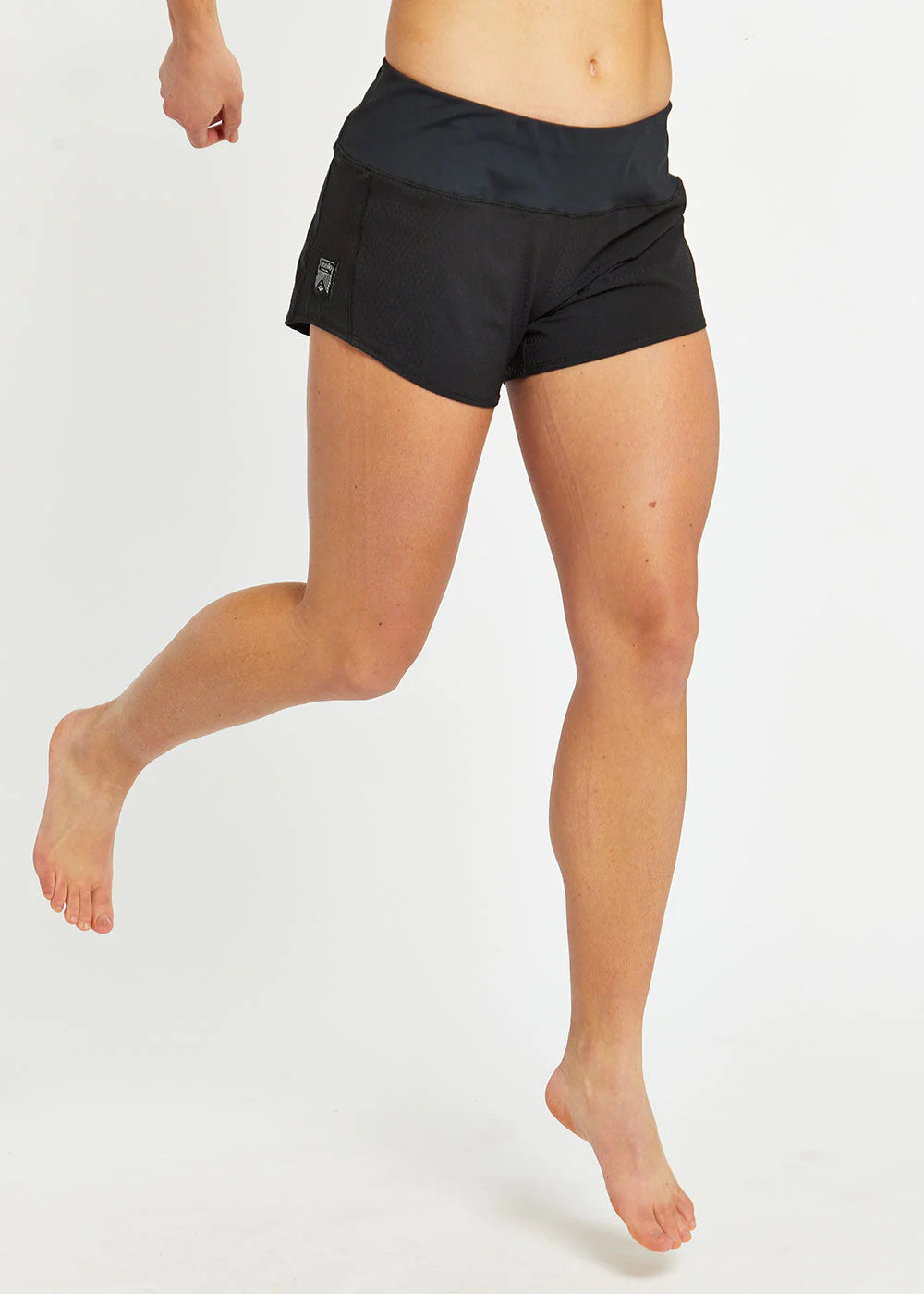
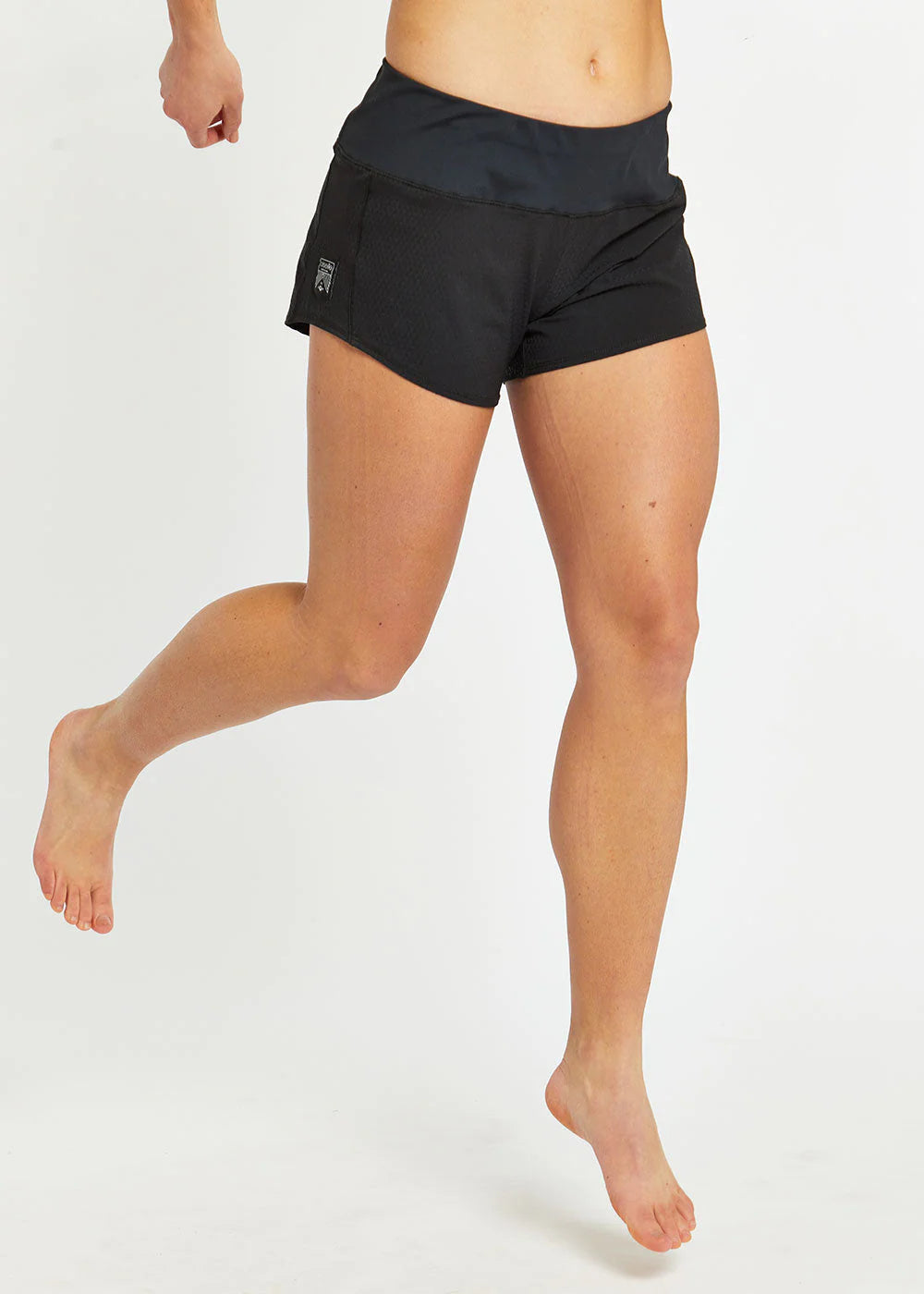



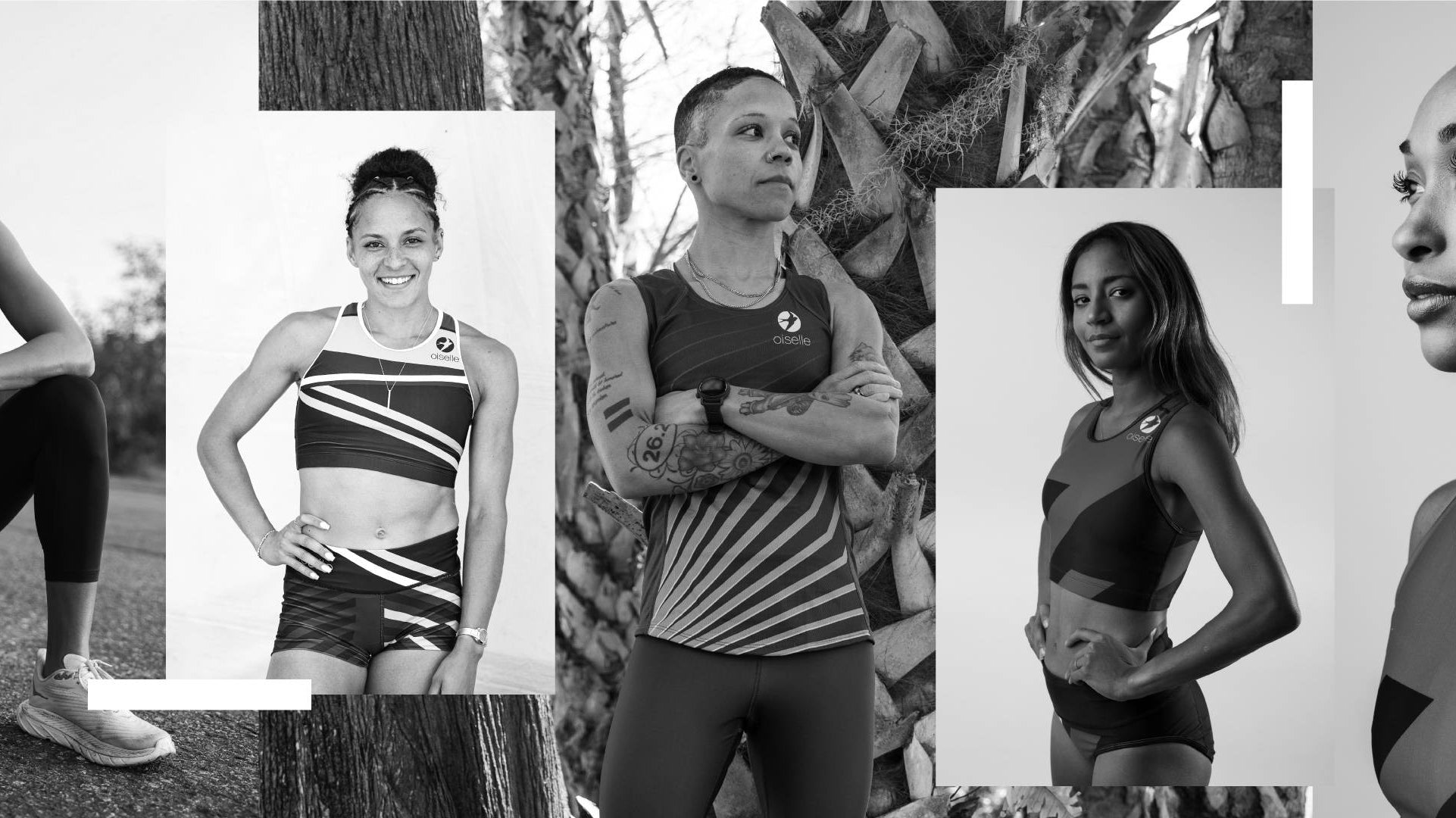
Comments
Great post – intelligently written.
Well done, Rebecca. You make Palos Verdes proud. My kids are “mixed race,” too. I hope they can approach it in as an intelligent manner as you have.
As a descendent of both Chinese immigrants and soldiers of George Washington’s army during the American Revolution, thank you for creating space and dialogue around the concept of a “mixed race” identity.
Dear Ms. Mehra, Thank you for sharing your life, your culture(s), your family’s care, your hurt, our cruelness, our ignorance. Be all of who you are. Clearly, your strengths go far beyond your athletic capabilities. In these times, it’s important voices such as yours are heard. Carry on.
Peace and Love
Well said, Rebecca. You have always been willing to take the lead on important issues. Your mention of the “Espinoza Gomez” skit makes me shudder. I hope that even in the few years since then, that we’ve somehow become more enlightened. You’ve always been part of the solution, and even in these tough times, I know you will continue to be.
Thank you for writing this Rebecca. I grew up in the midwest and having my name, one that teachers can’t get straight, can be troublesome growing up. I was passing as white but never fitting in with either the Indian crowd at social events or the white kids in the area. Without an actual subgroup I felt lost much of time.
In my opinion being on the outside of what is considered normal shed light on building my own empathy.
I’m glad I found running.
-Manoj
Love this….because I am constantly encouraging my daughter…the mixed and passing child of an Indian immigrant and a German American father who runs XC and wants to change the world…to look to for inspiration and to feel less alone!